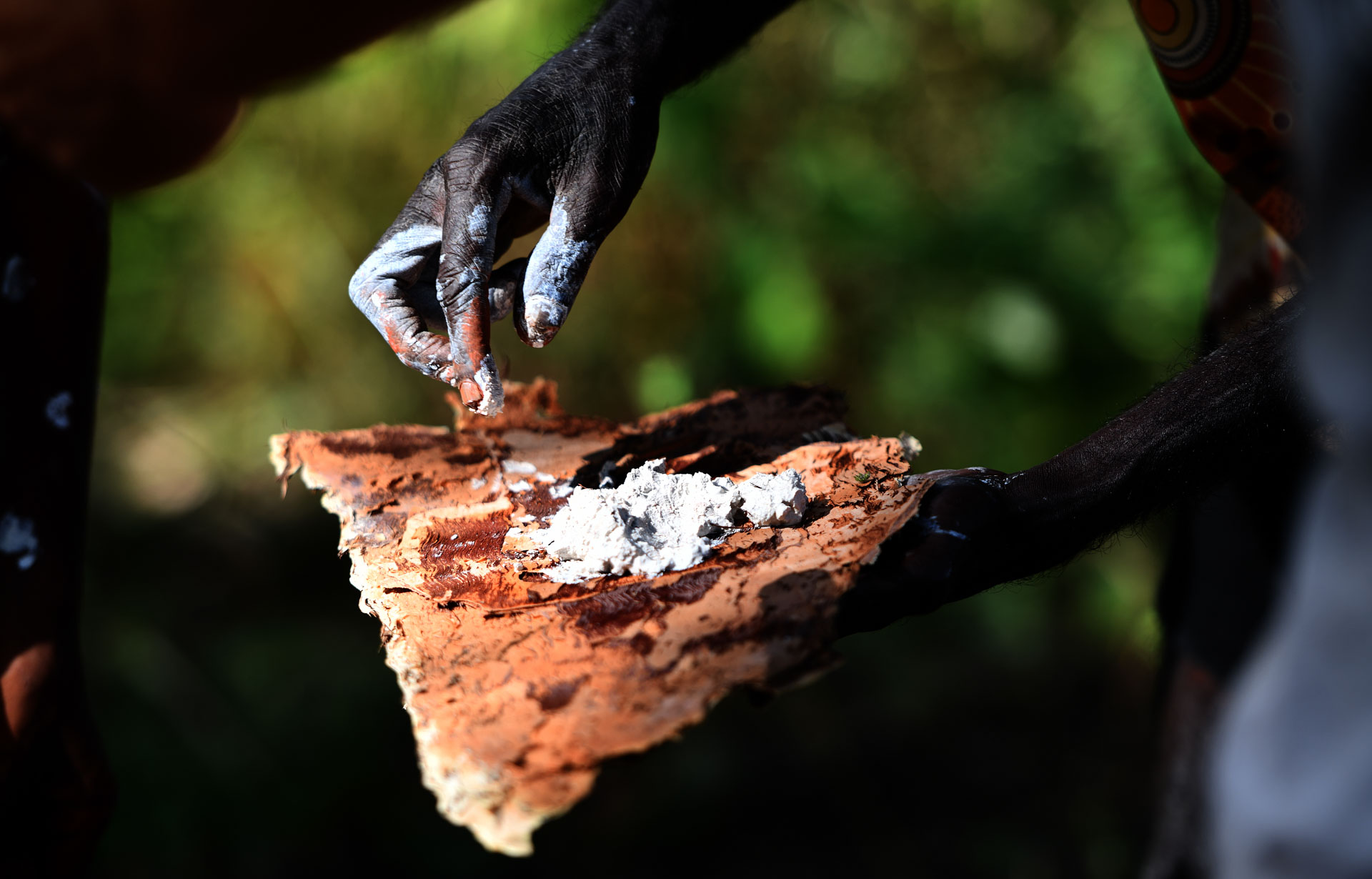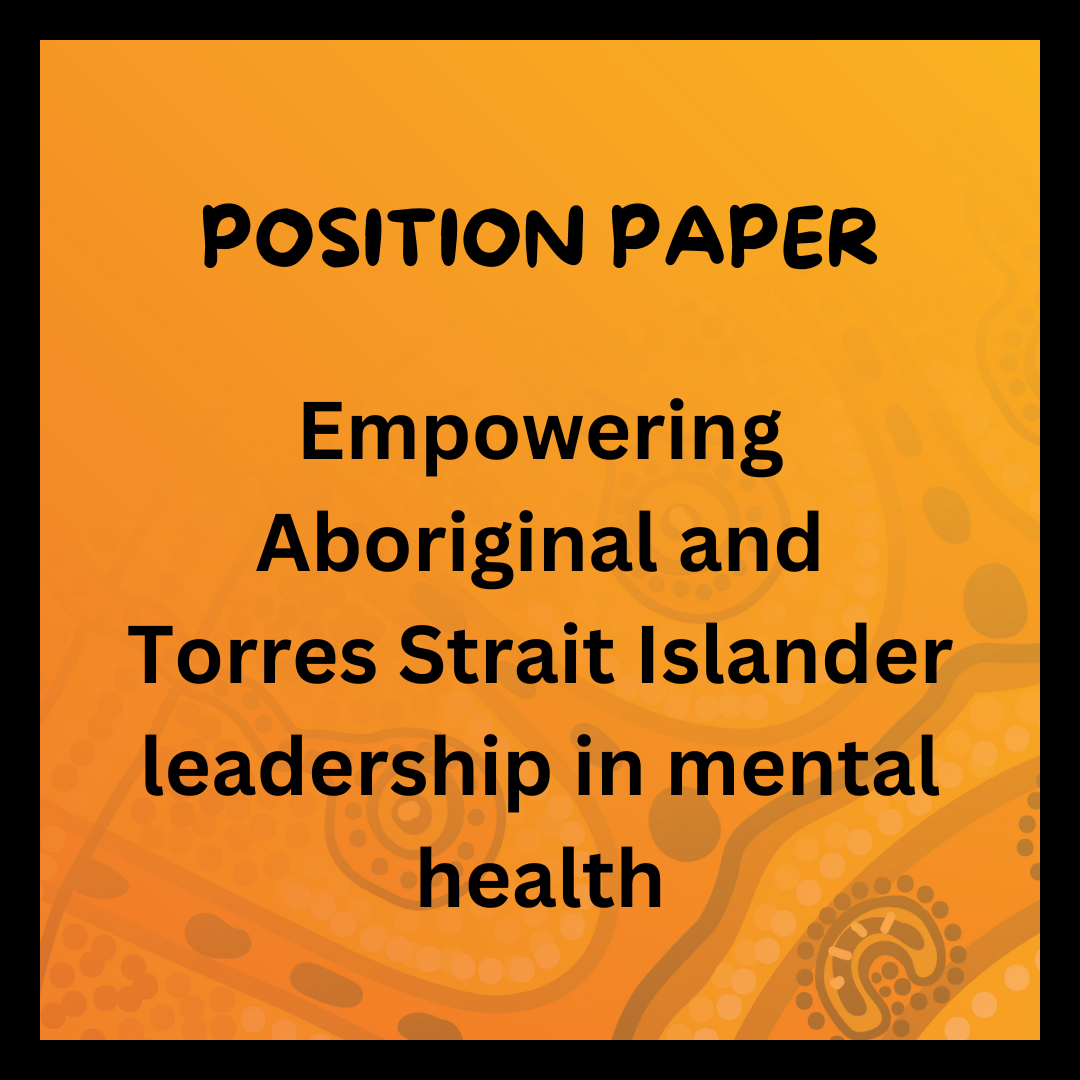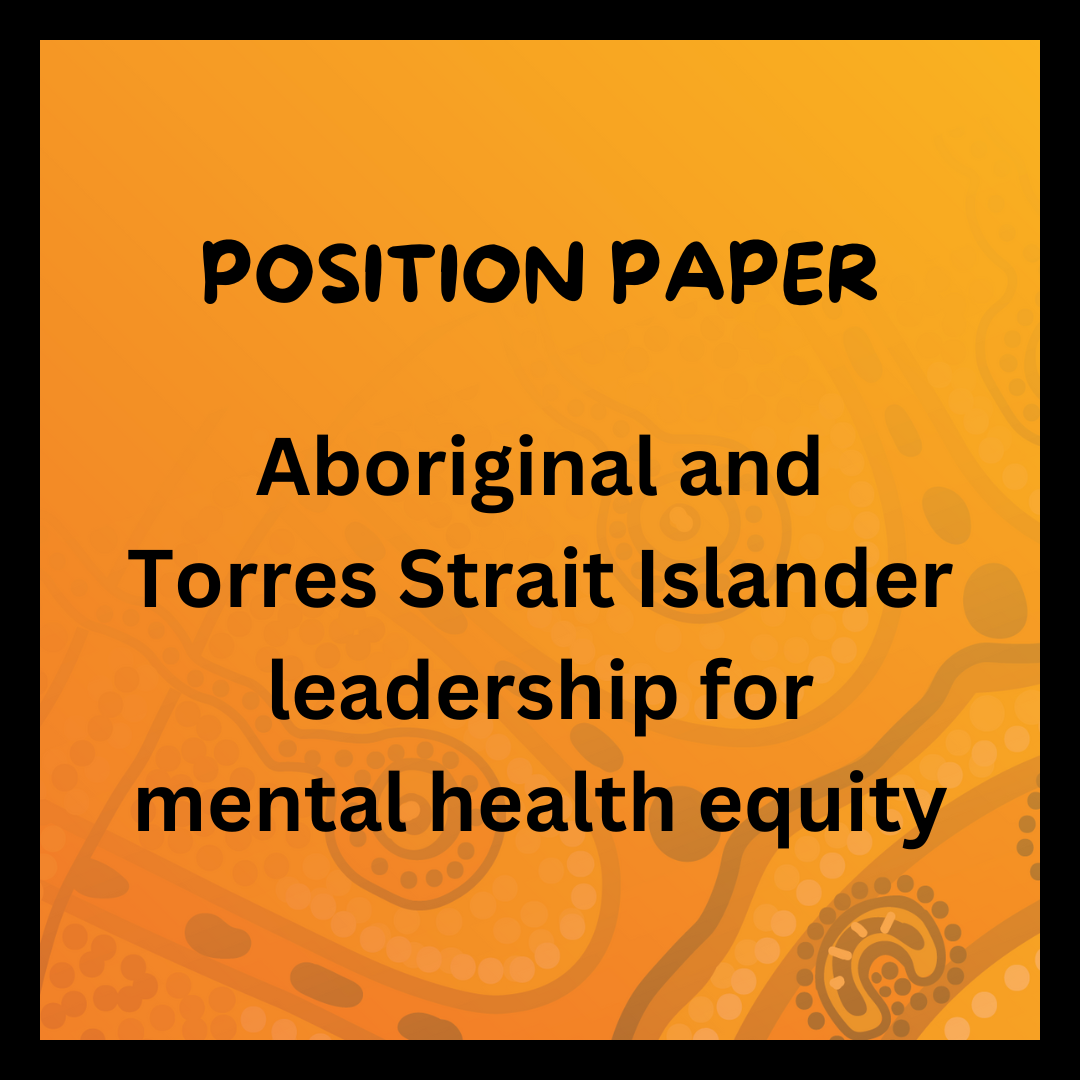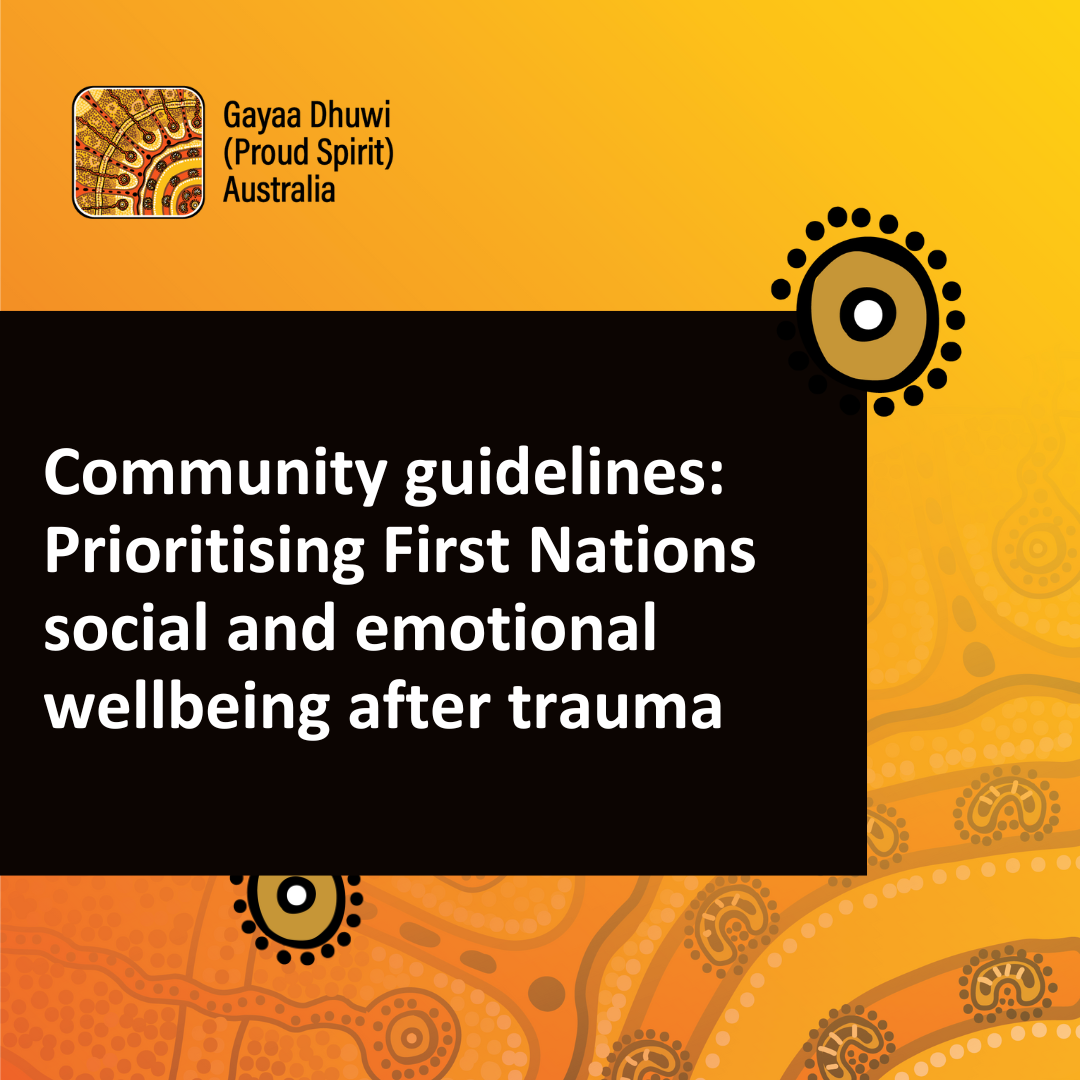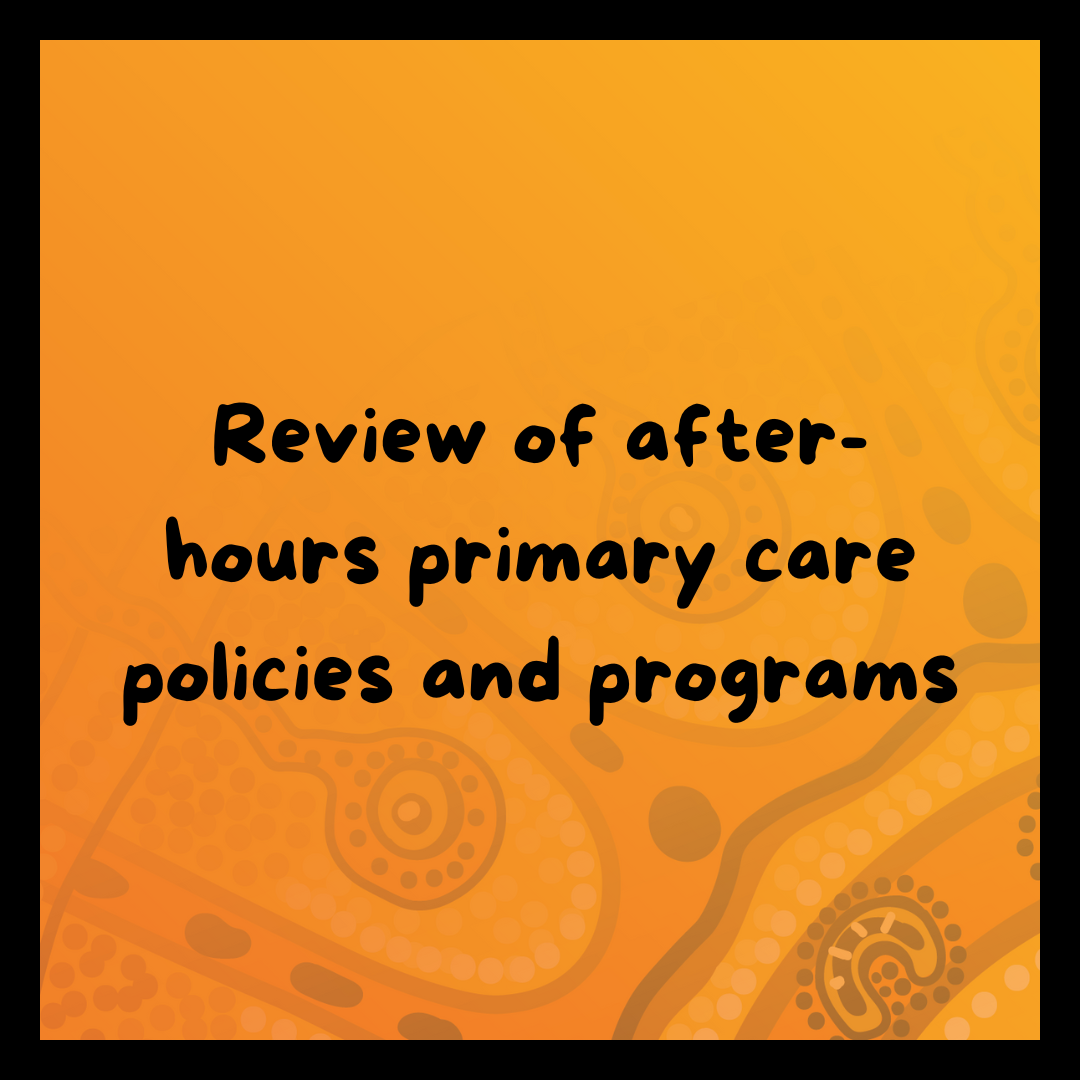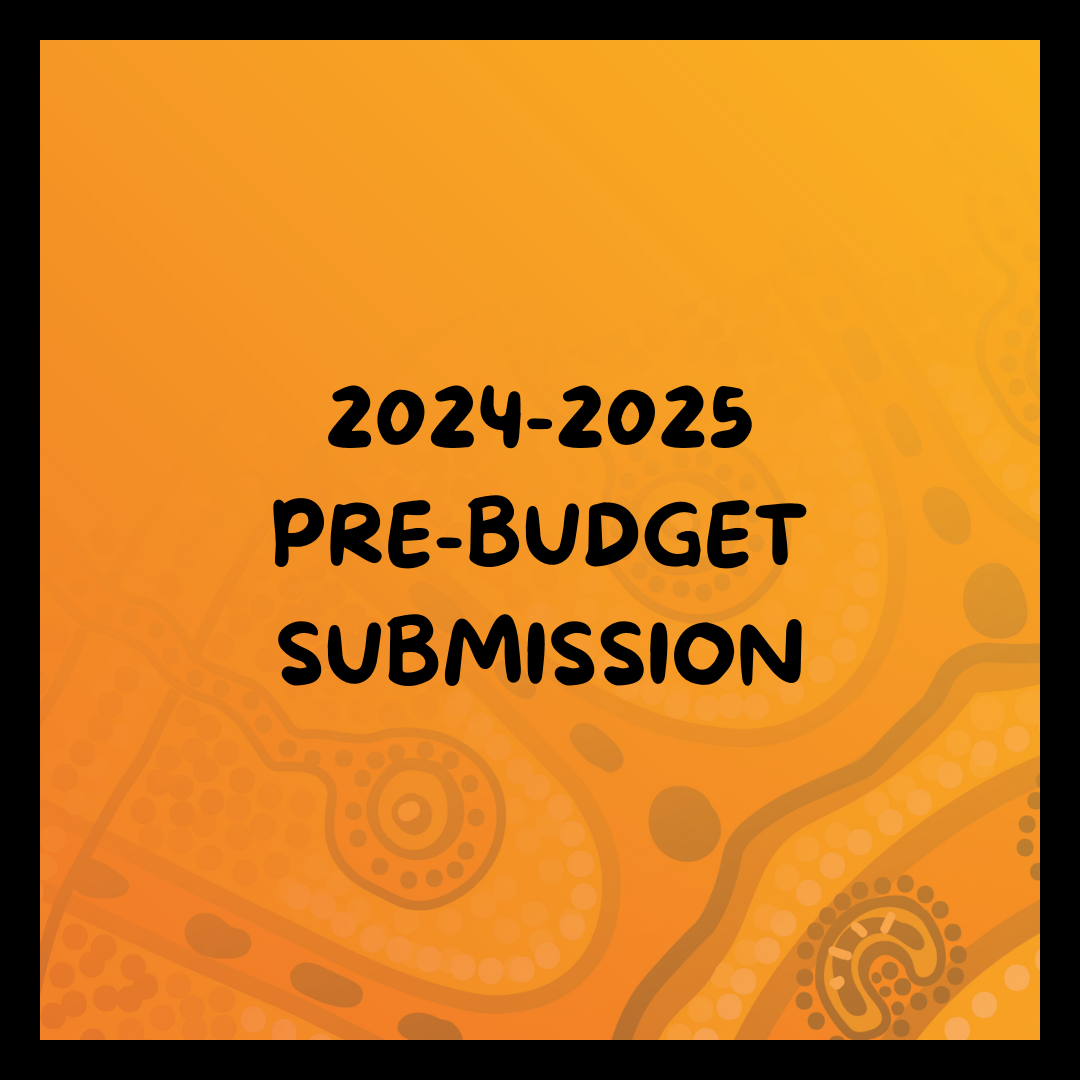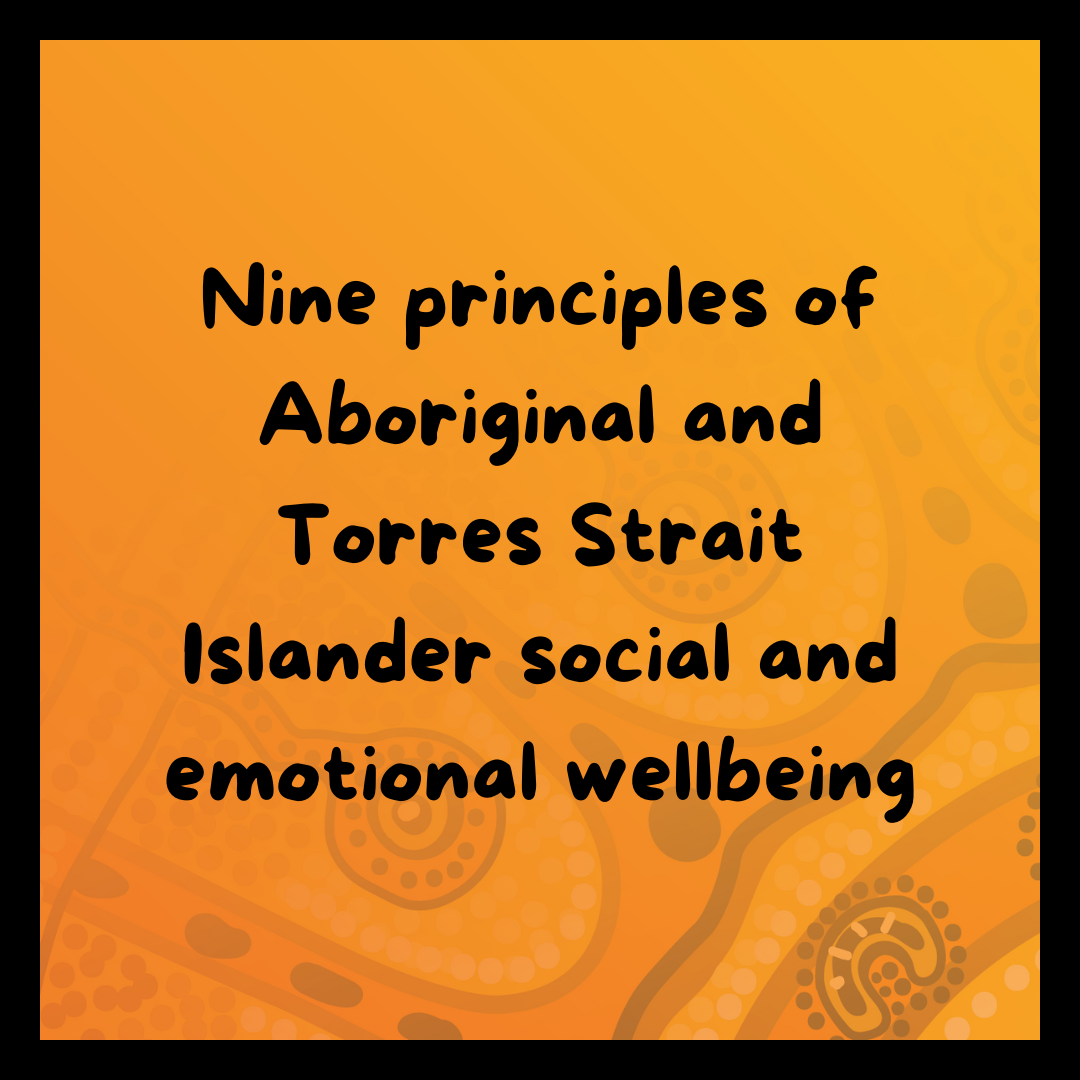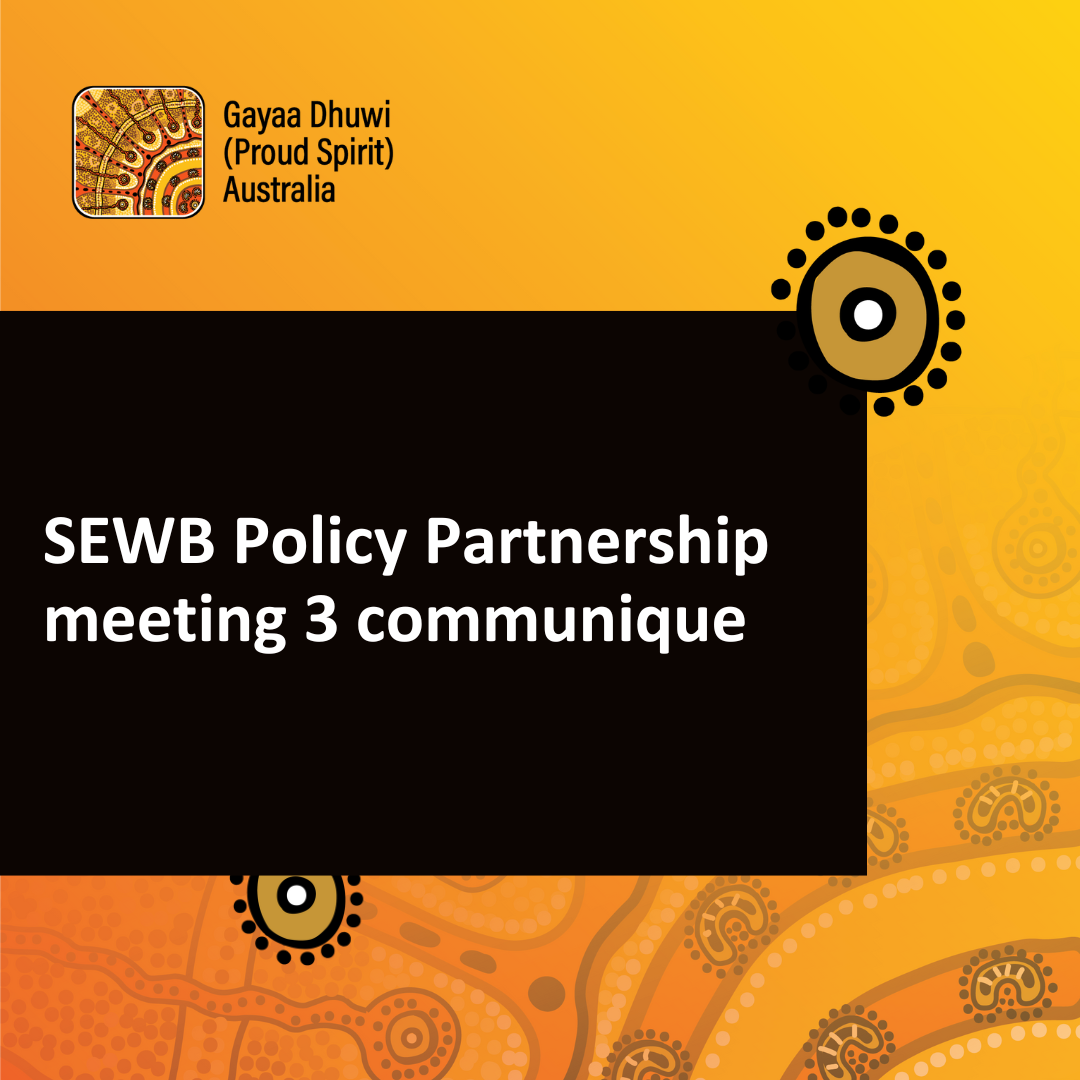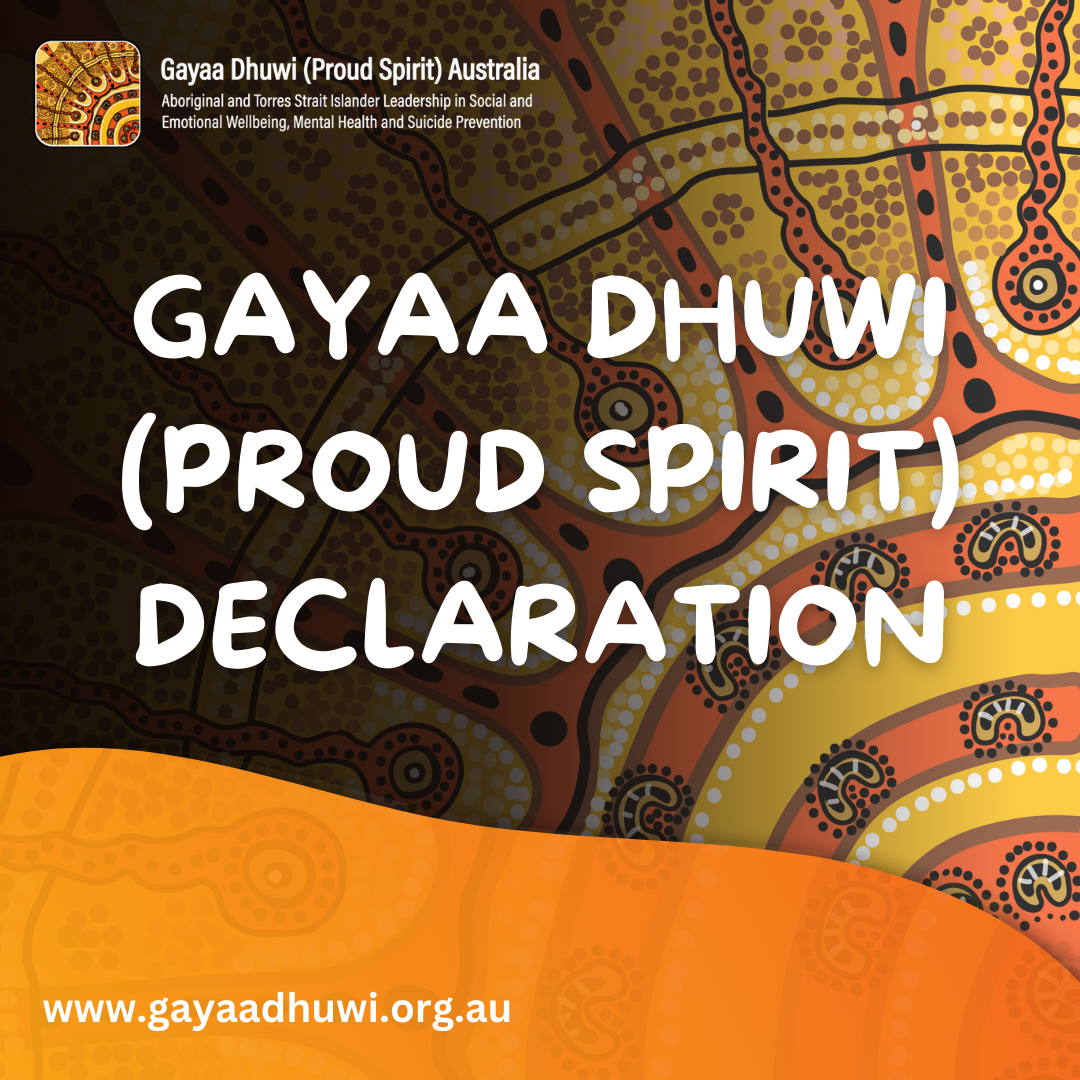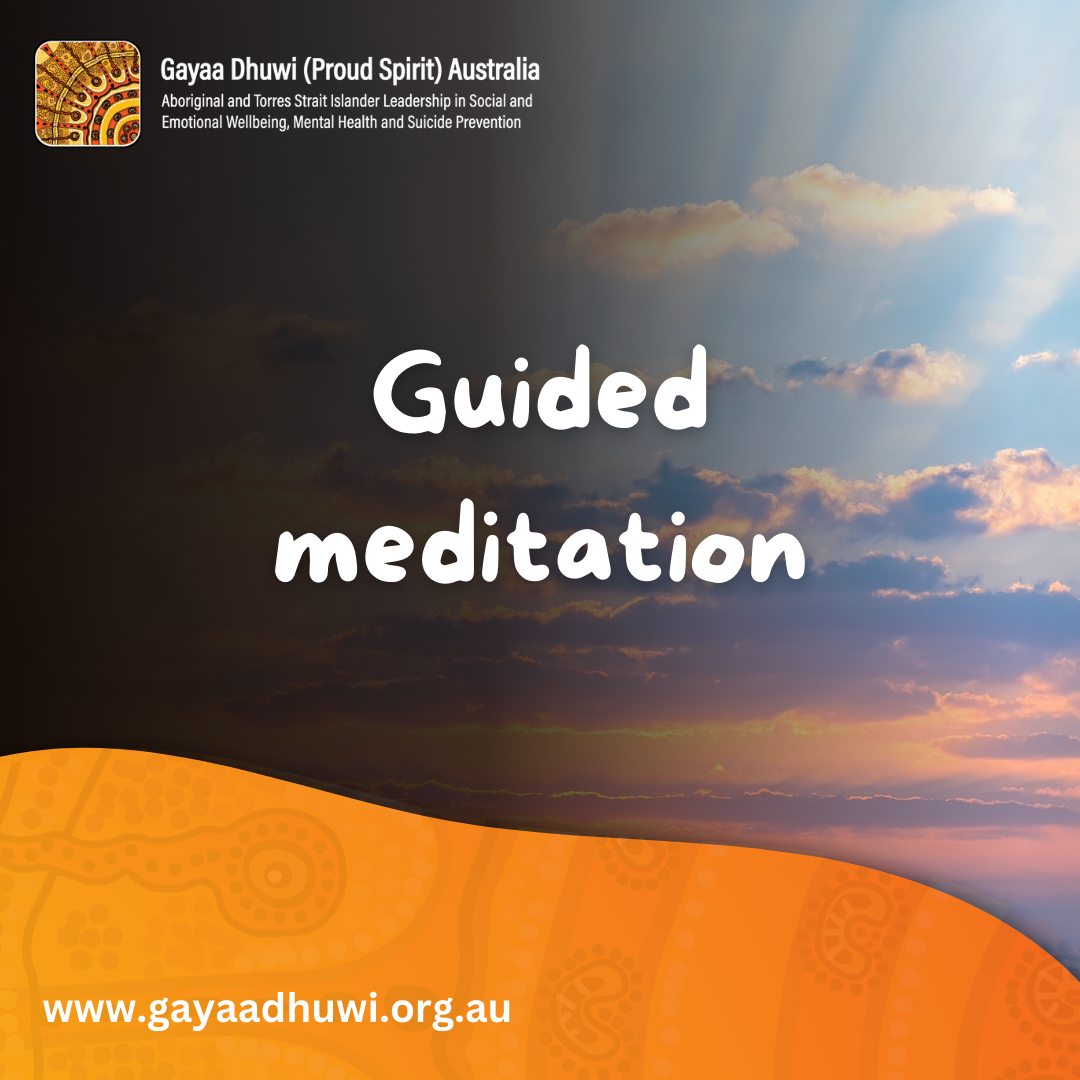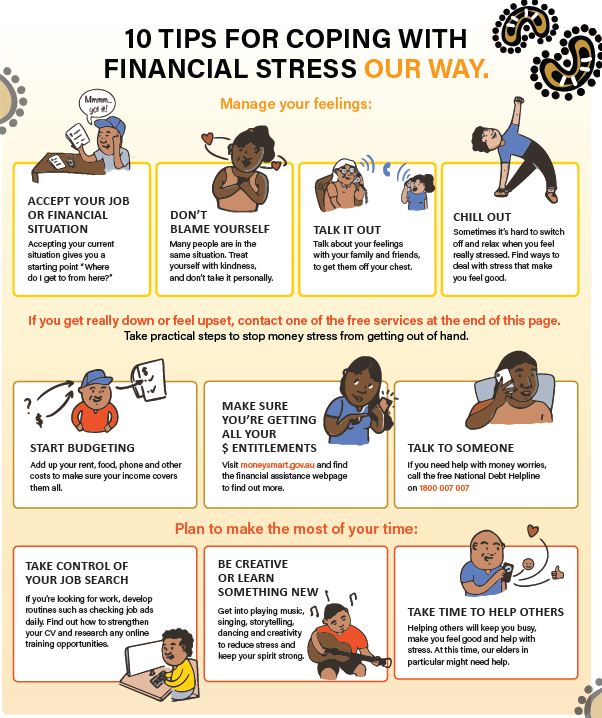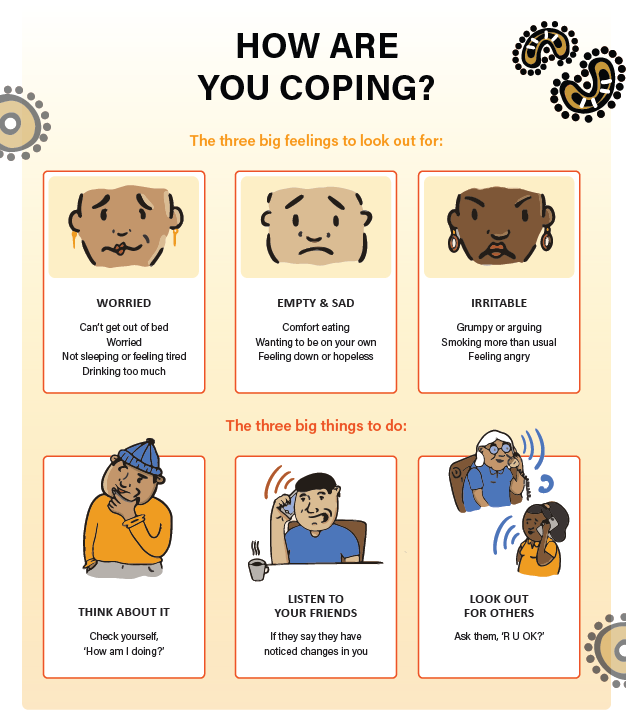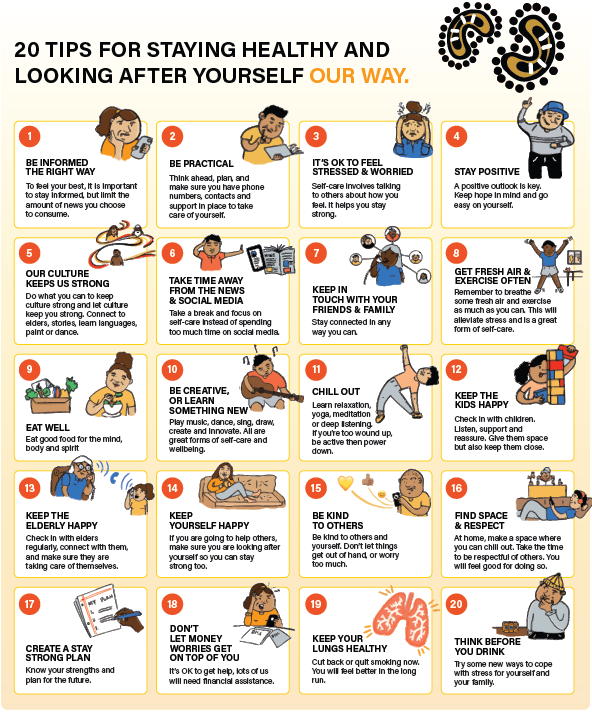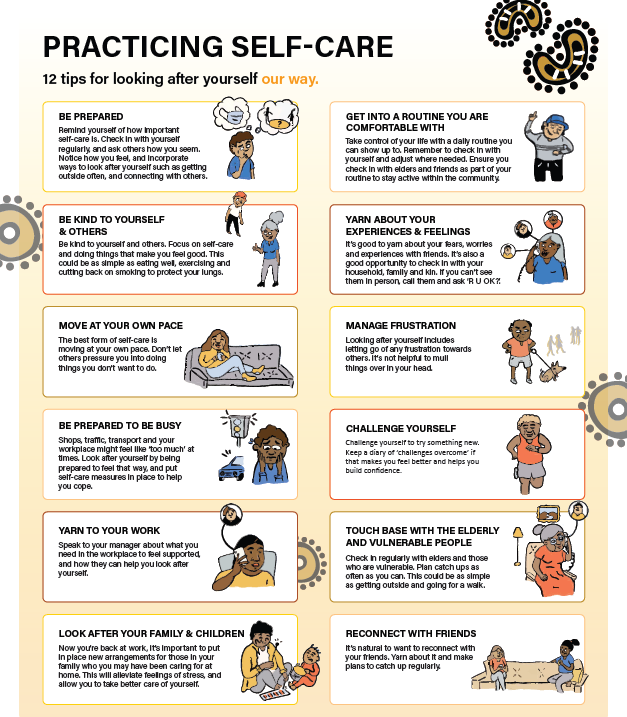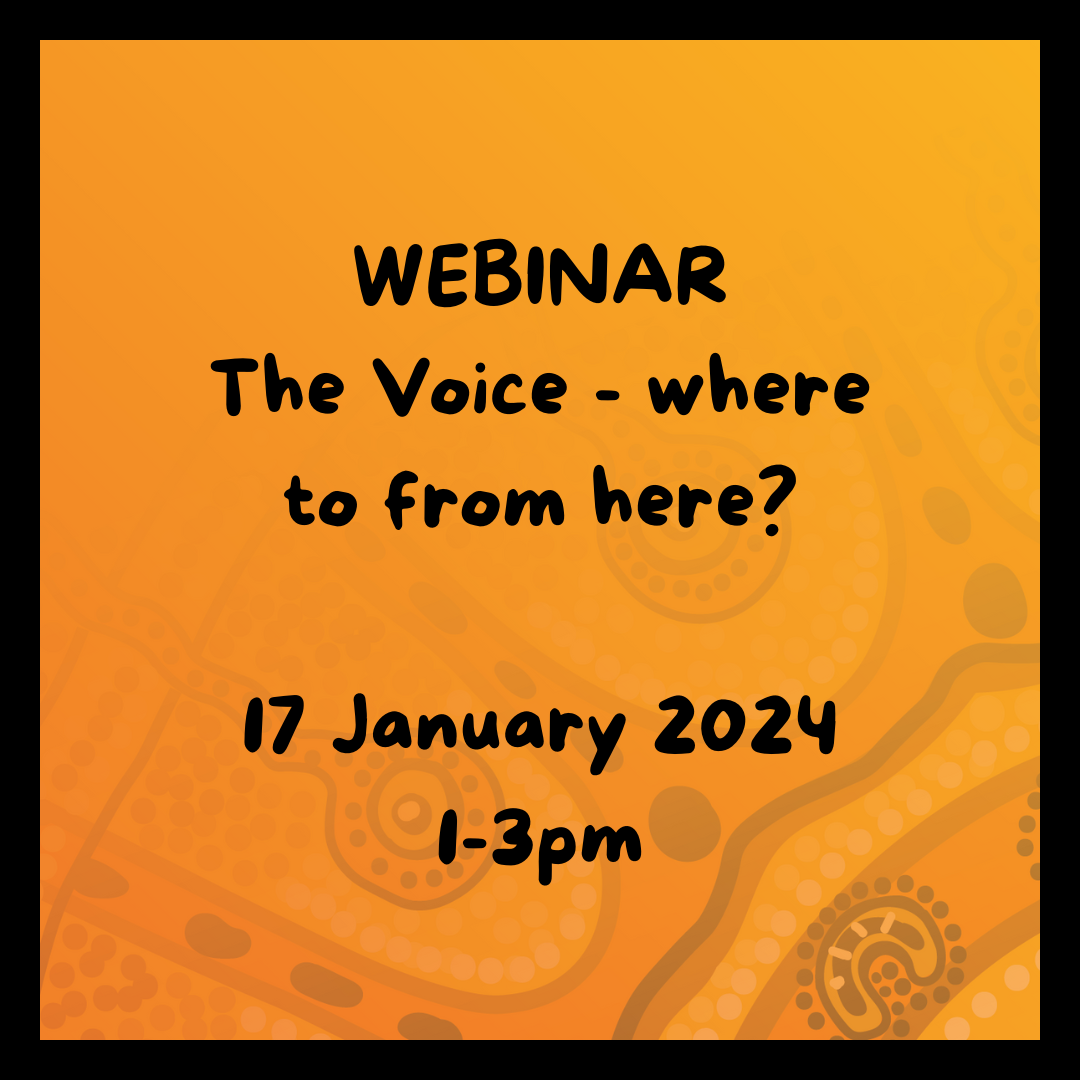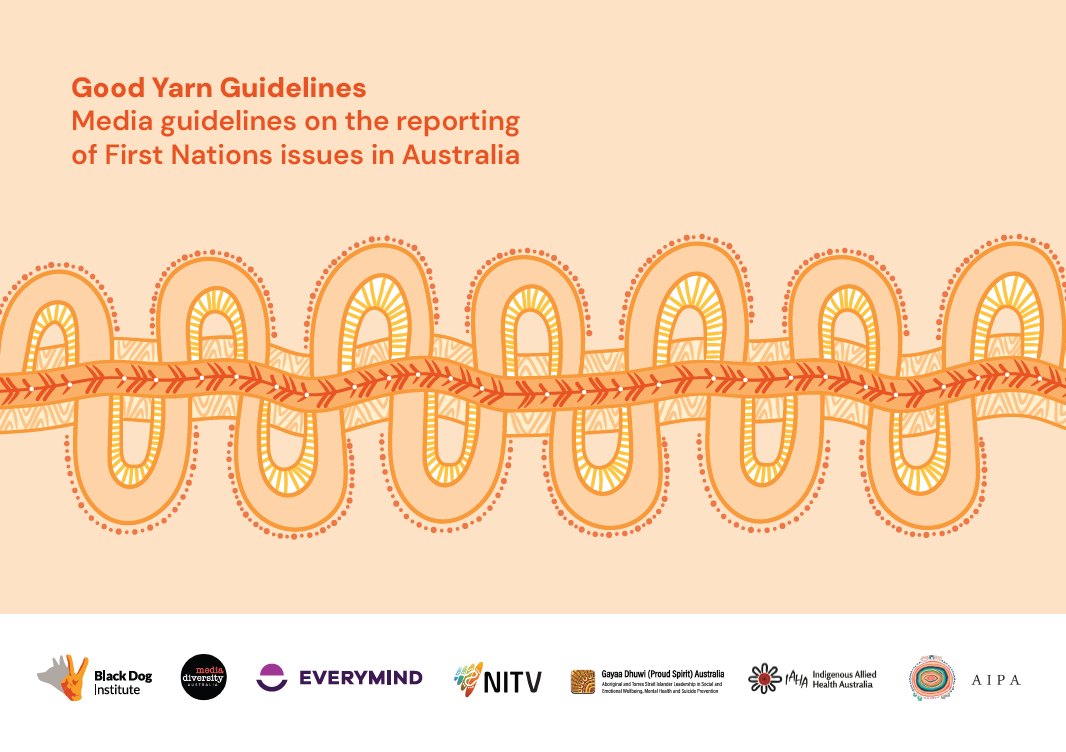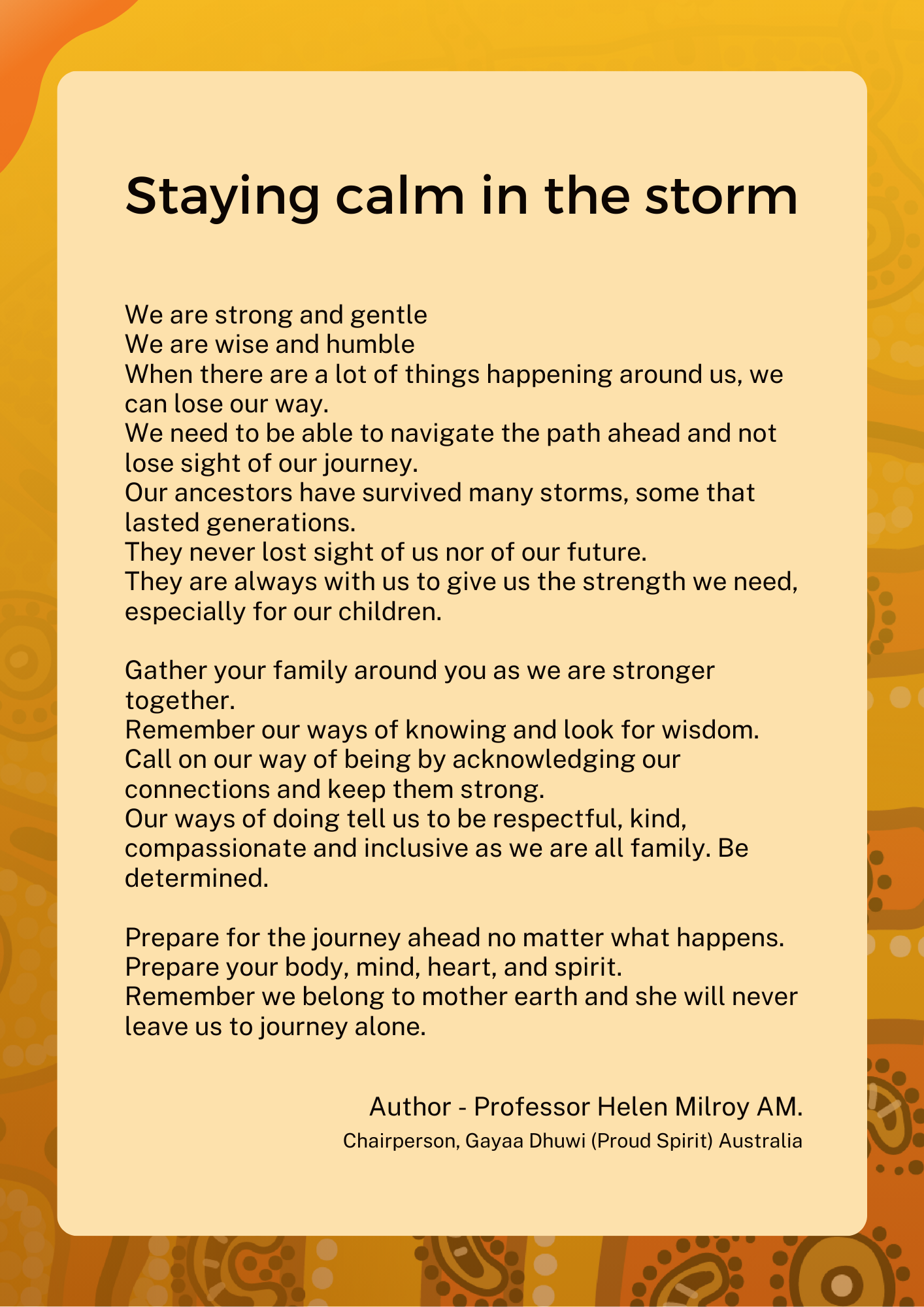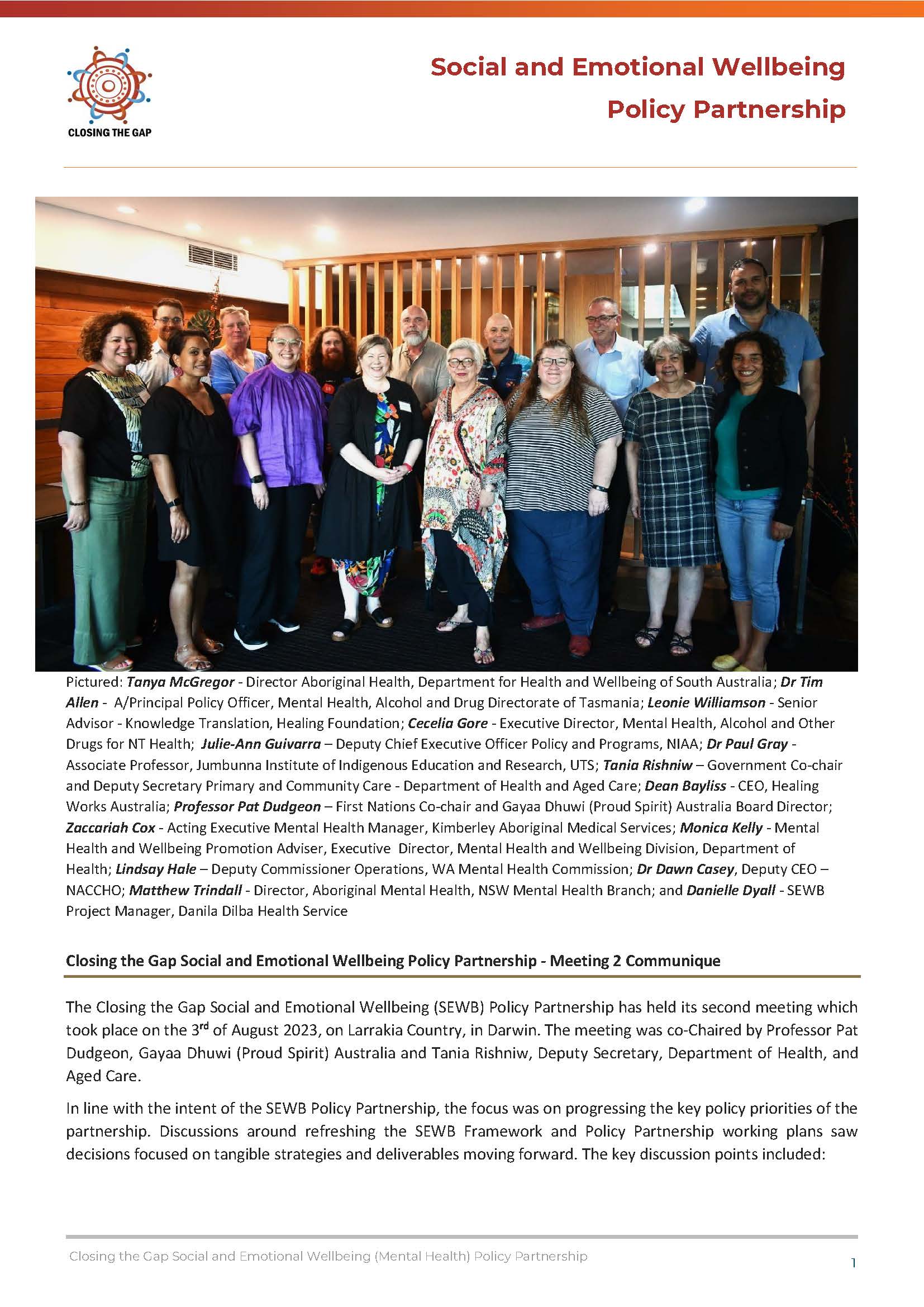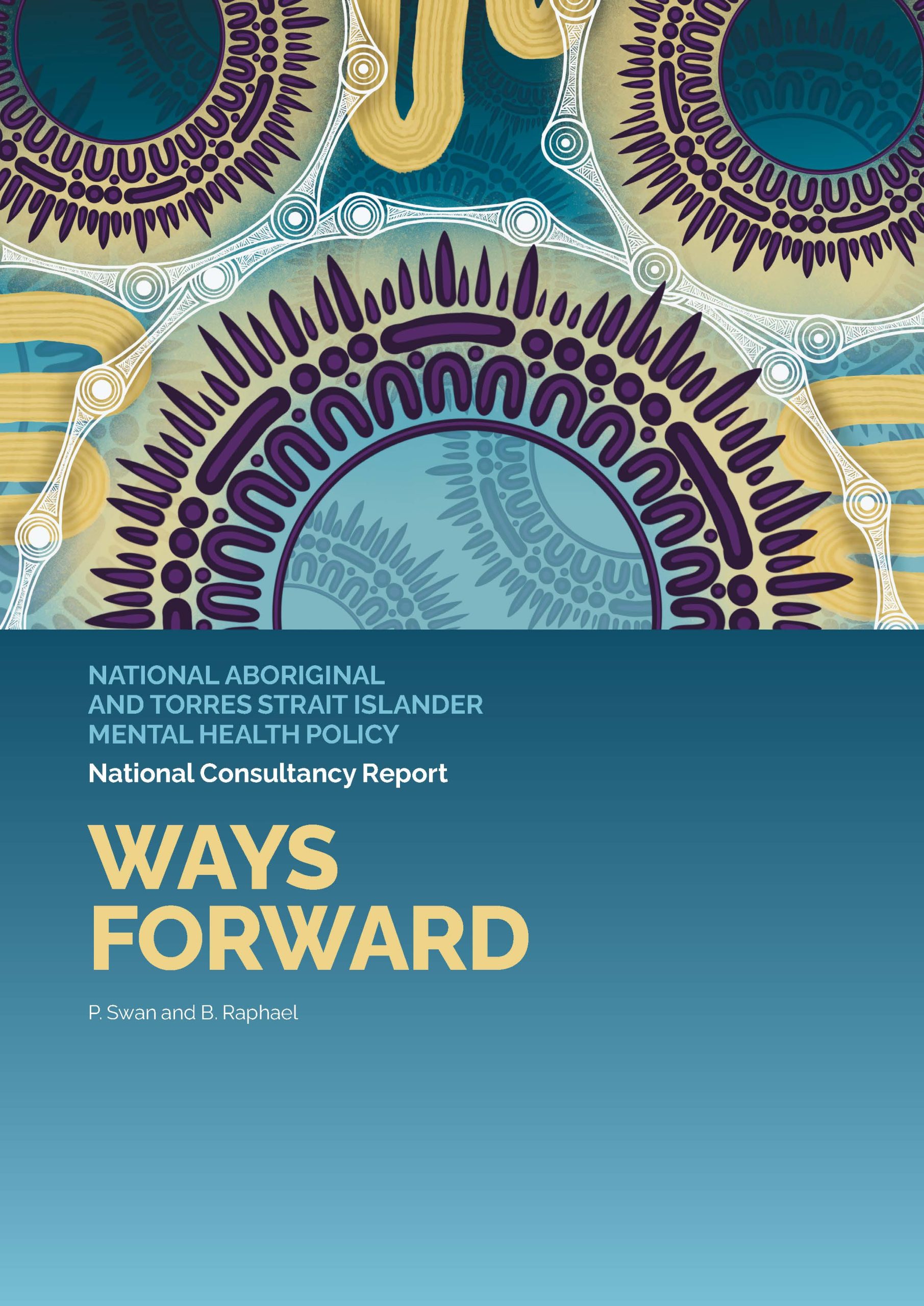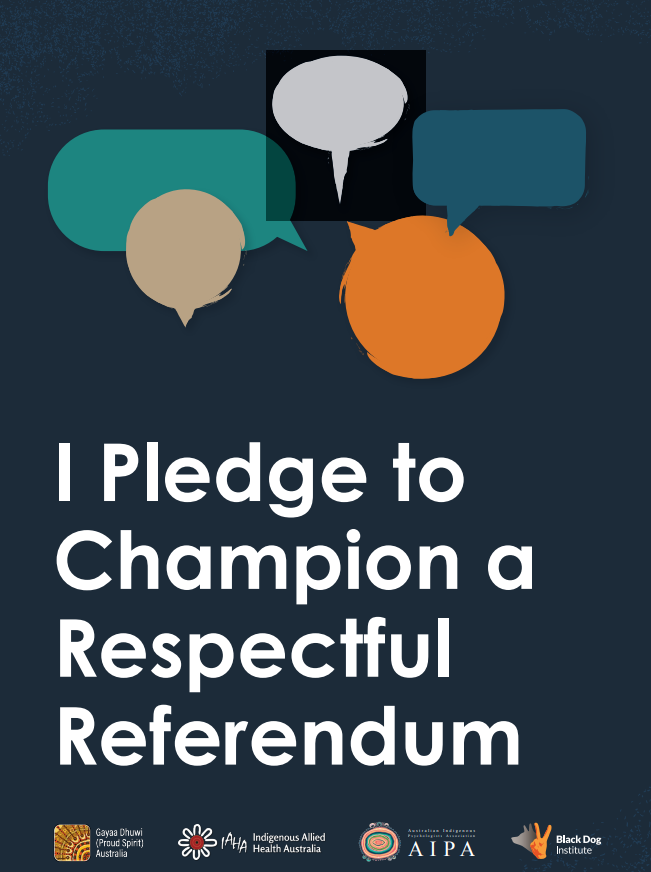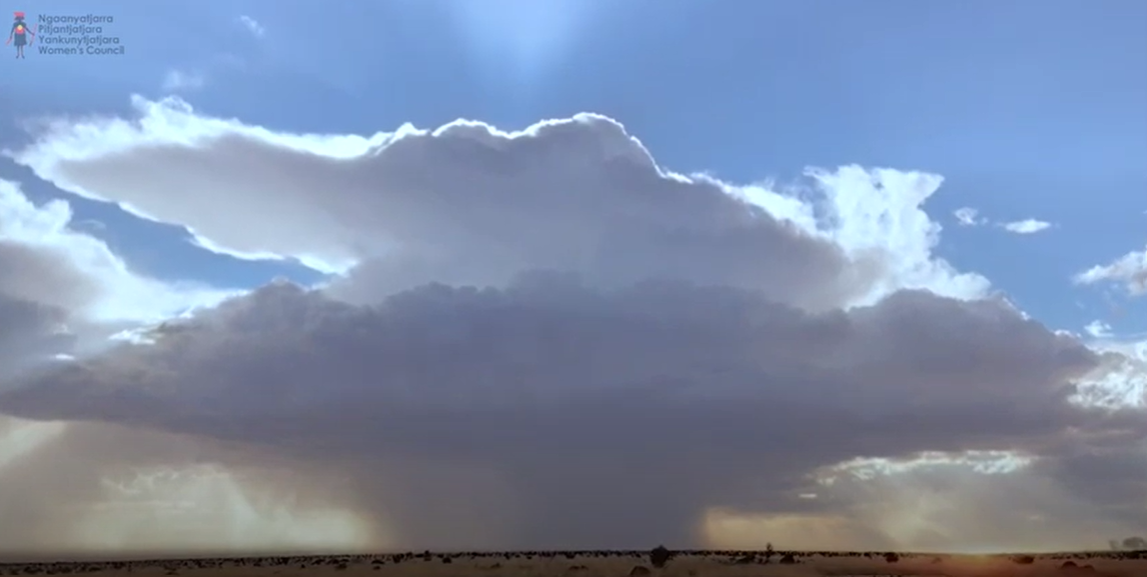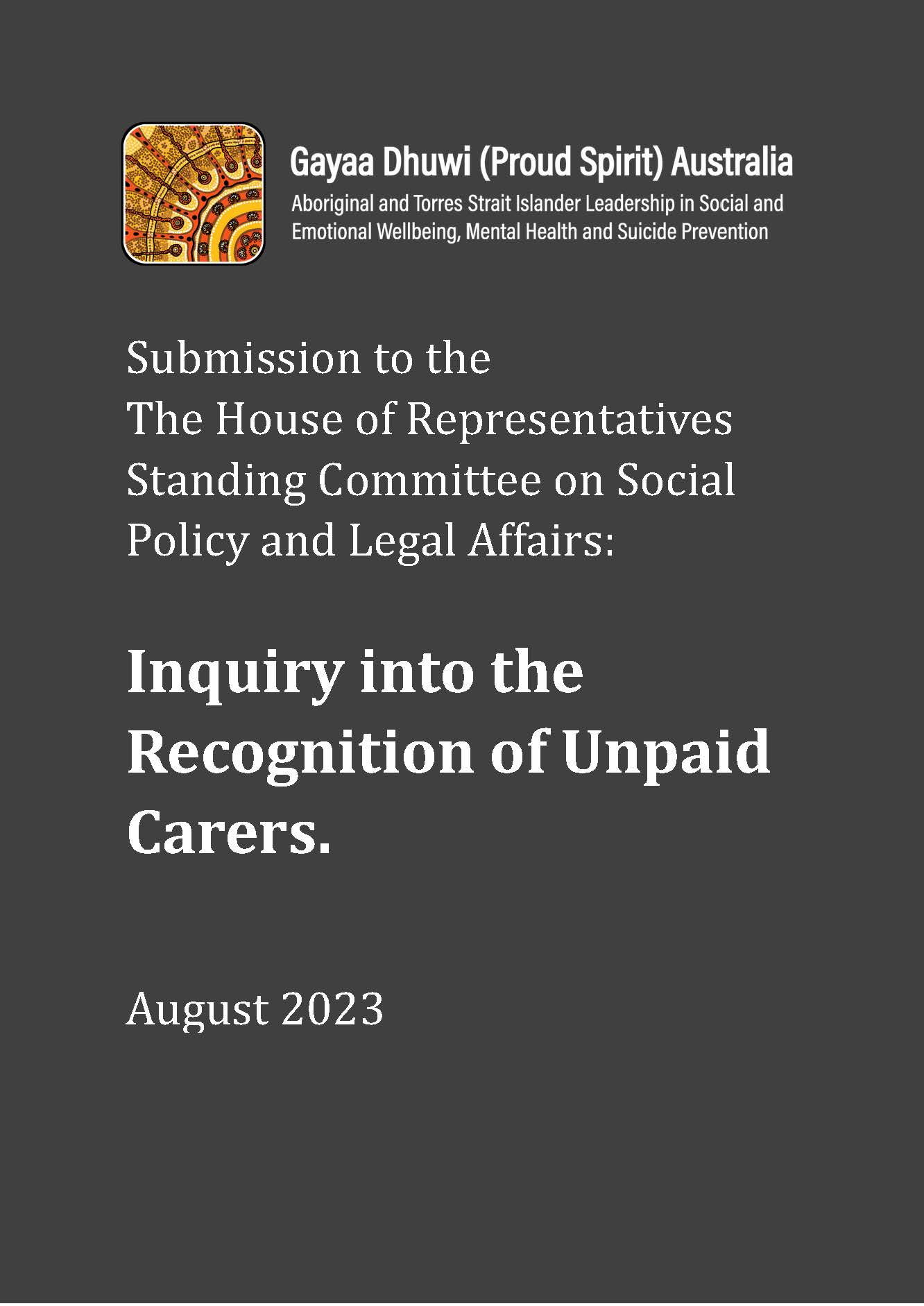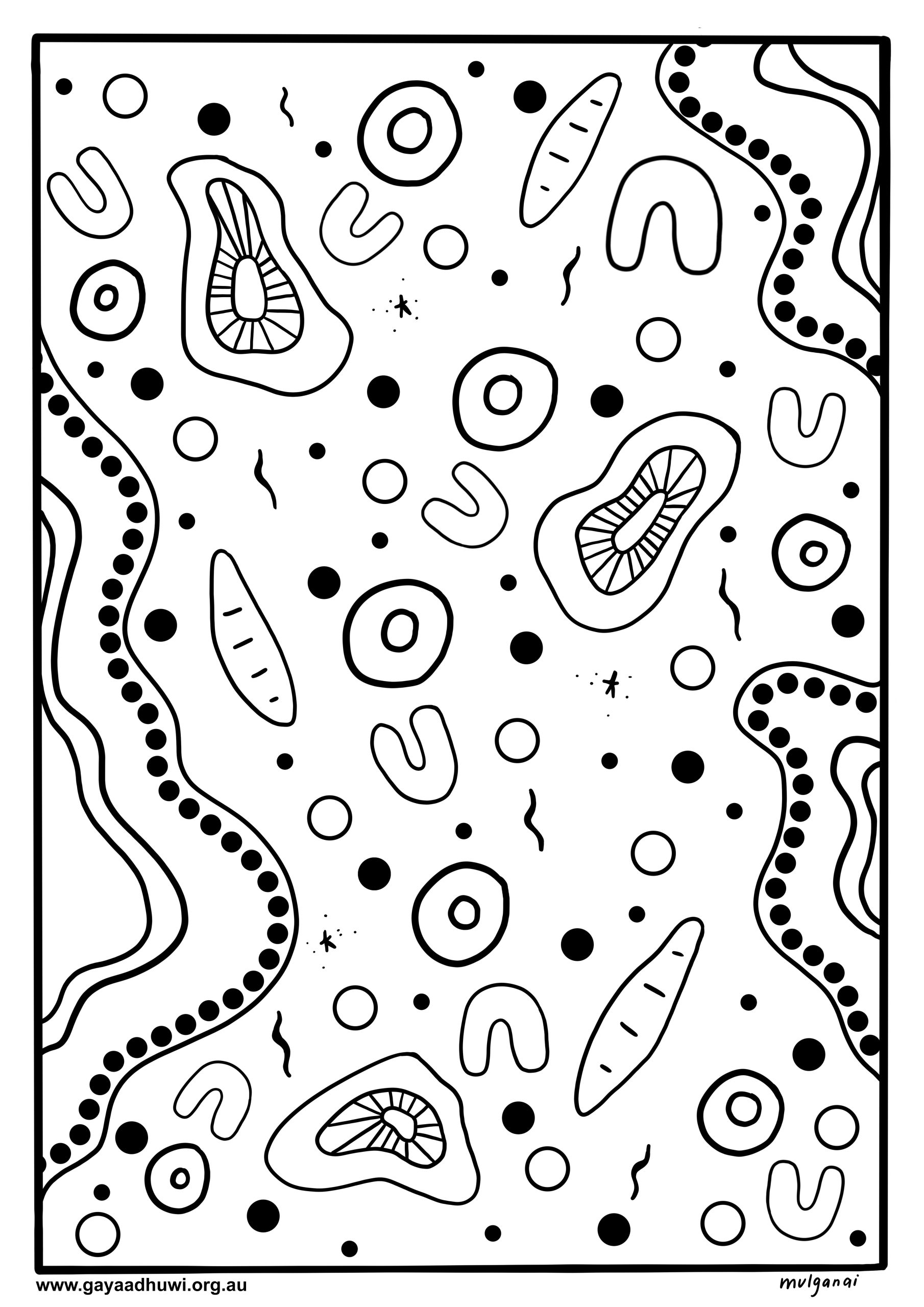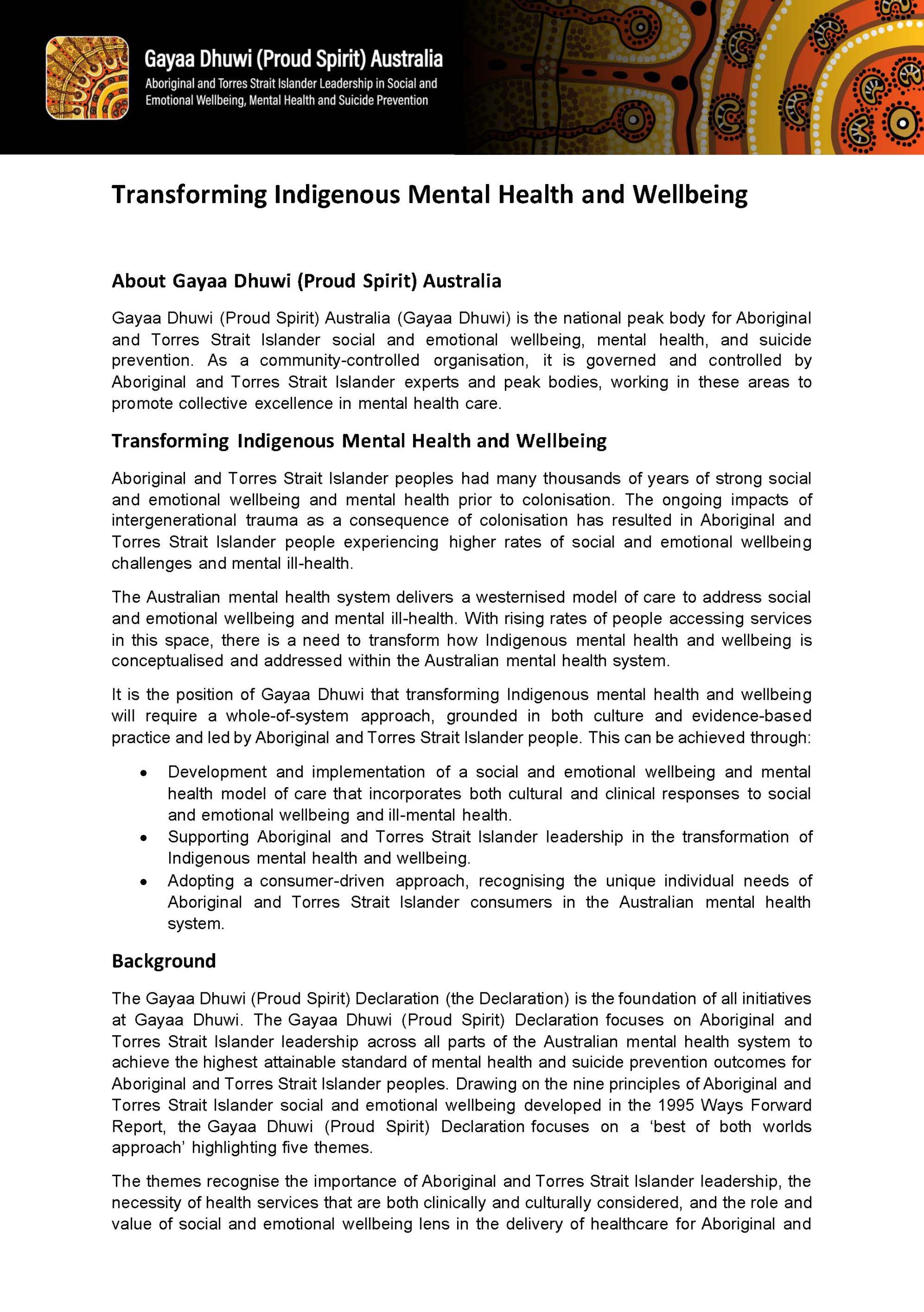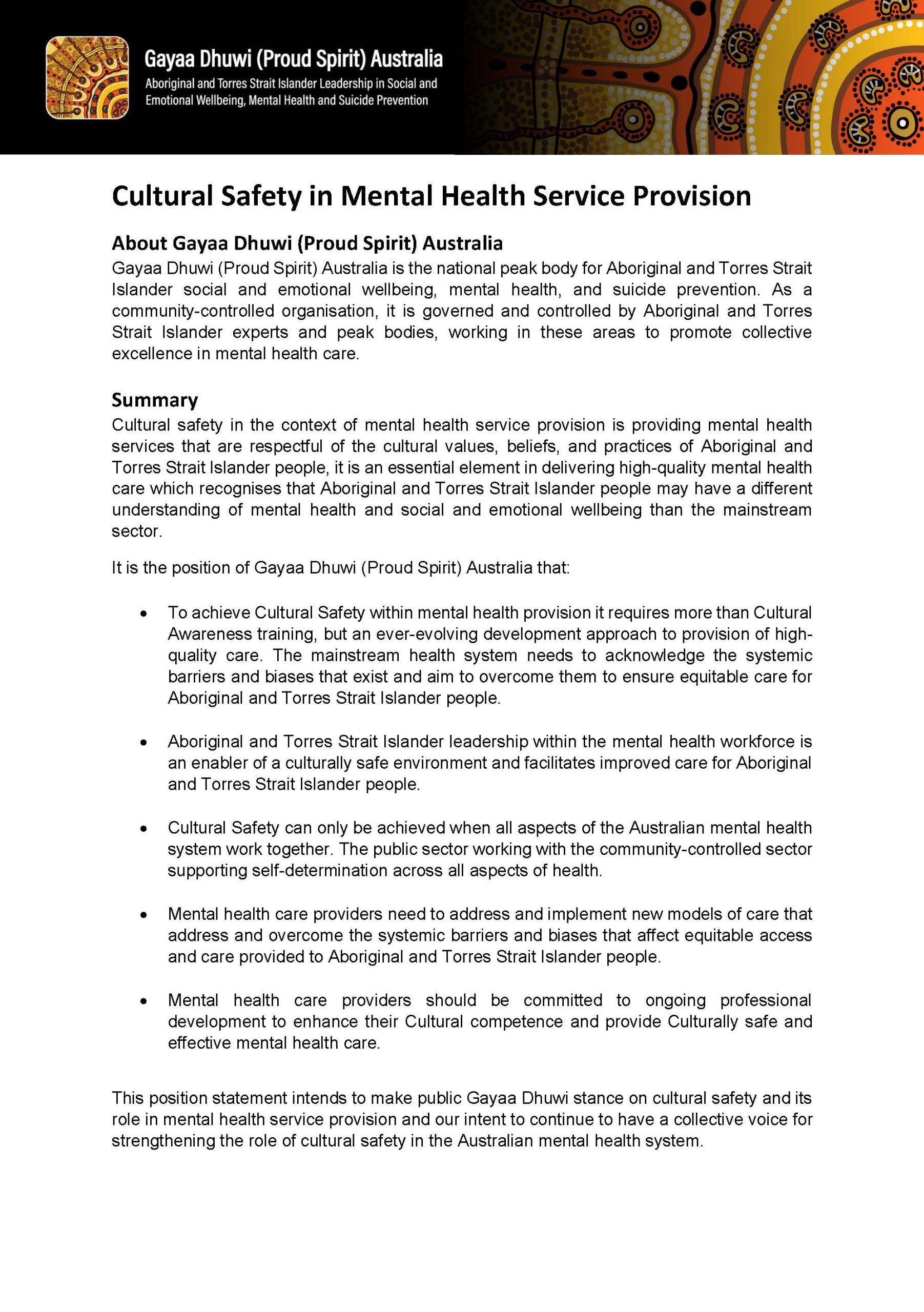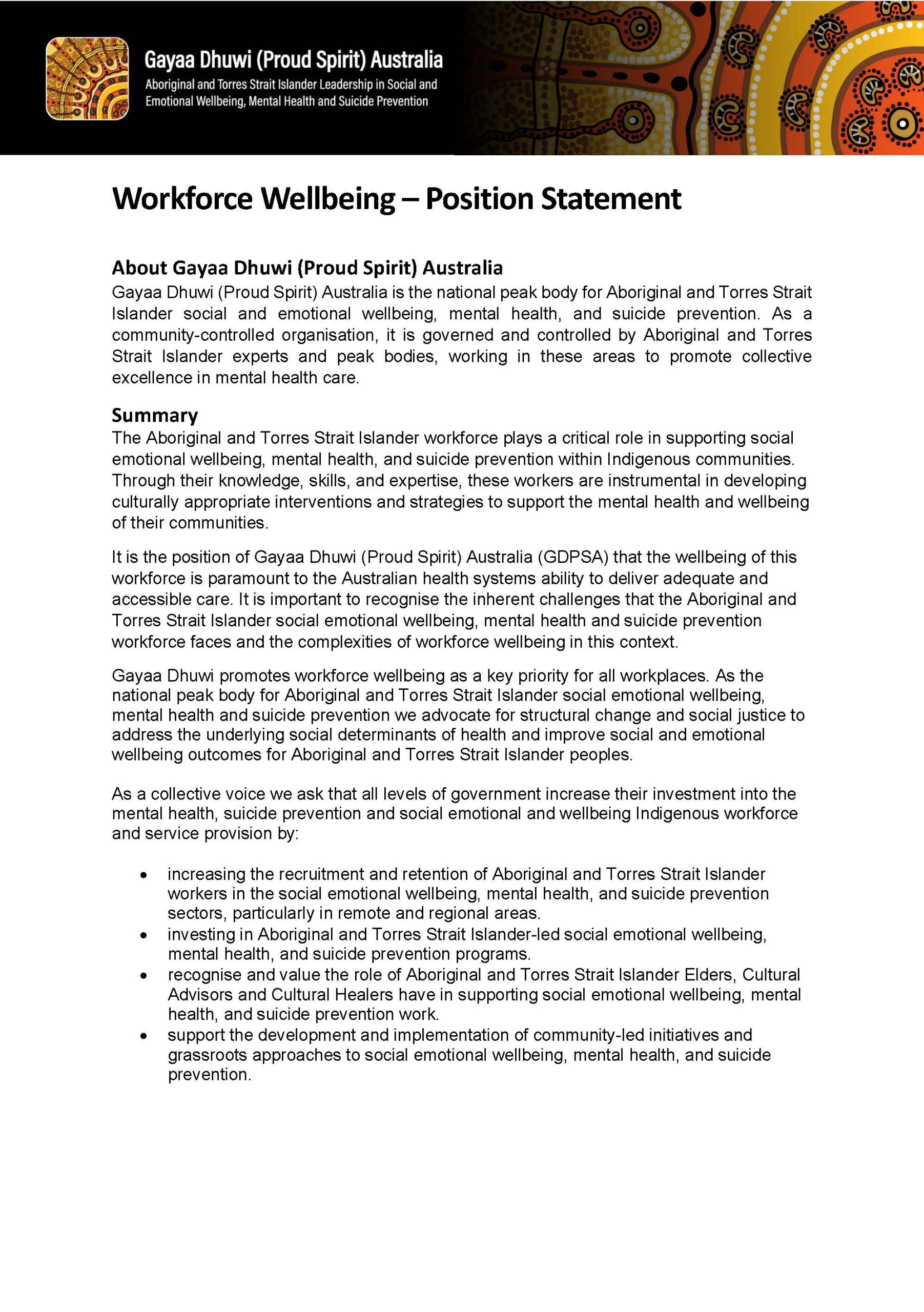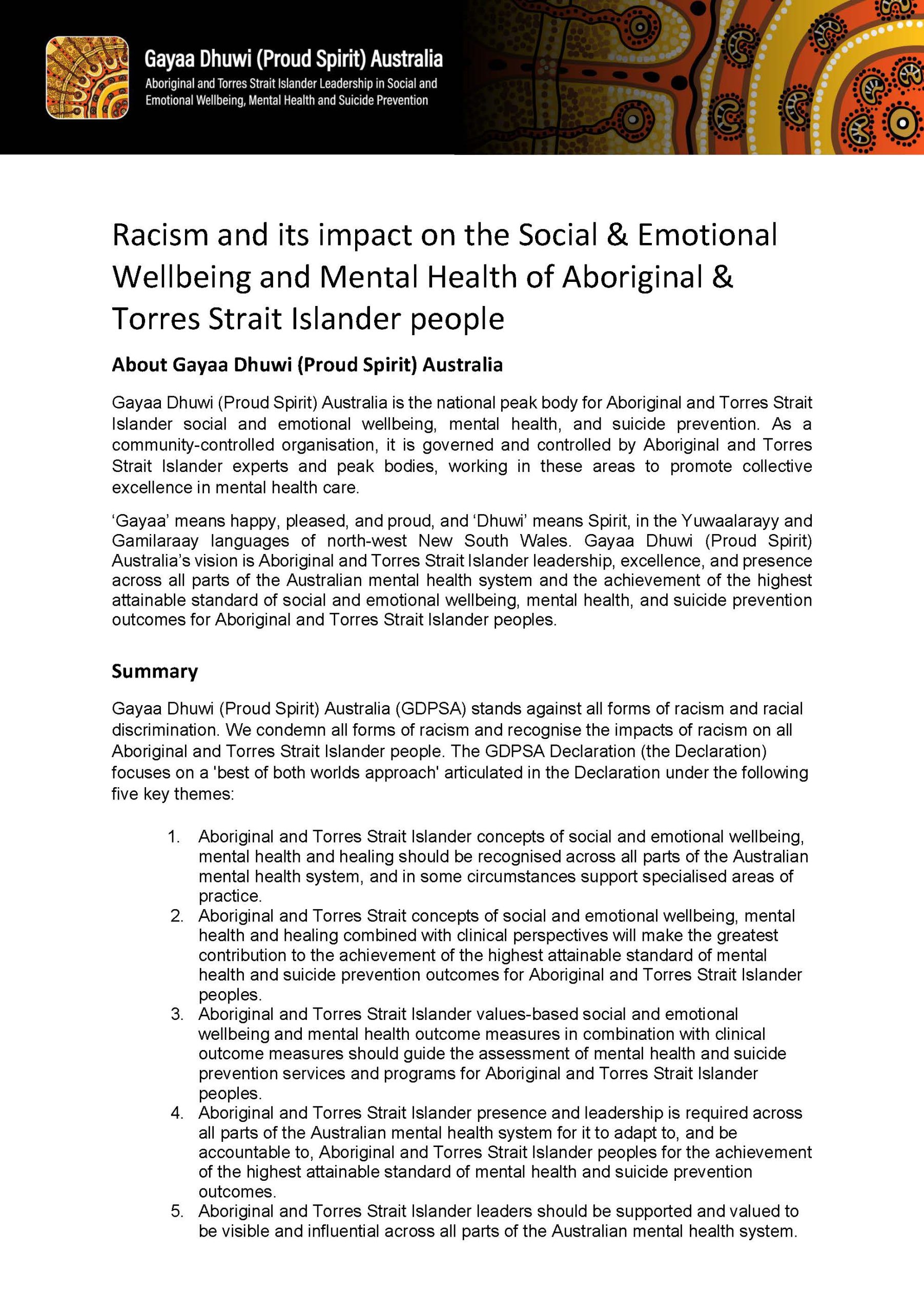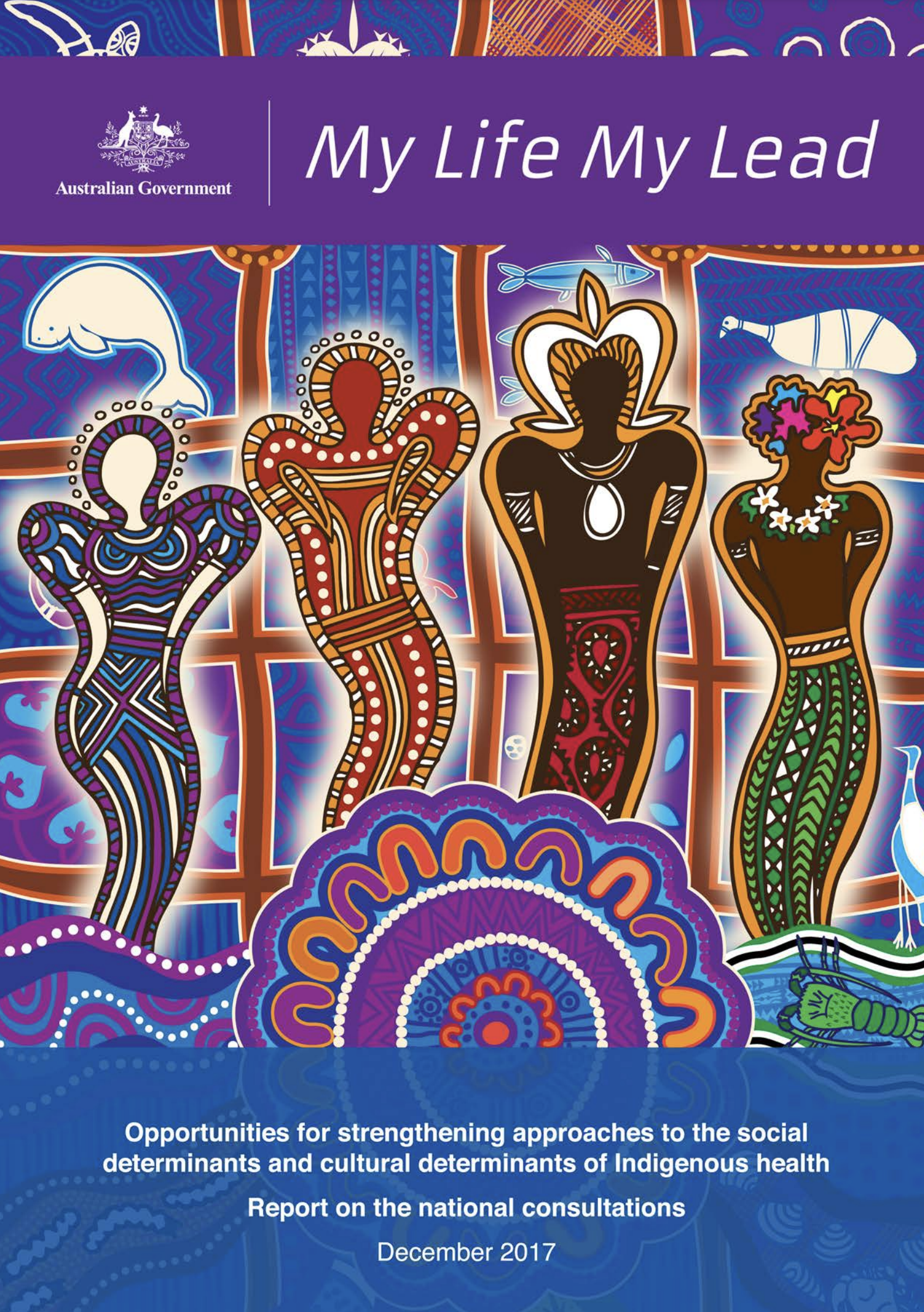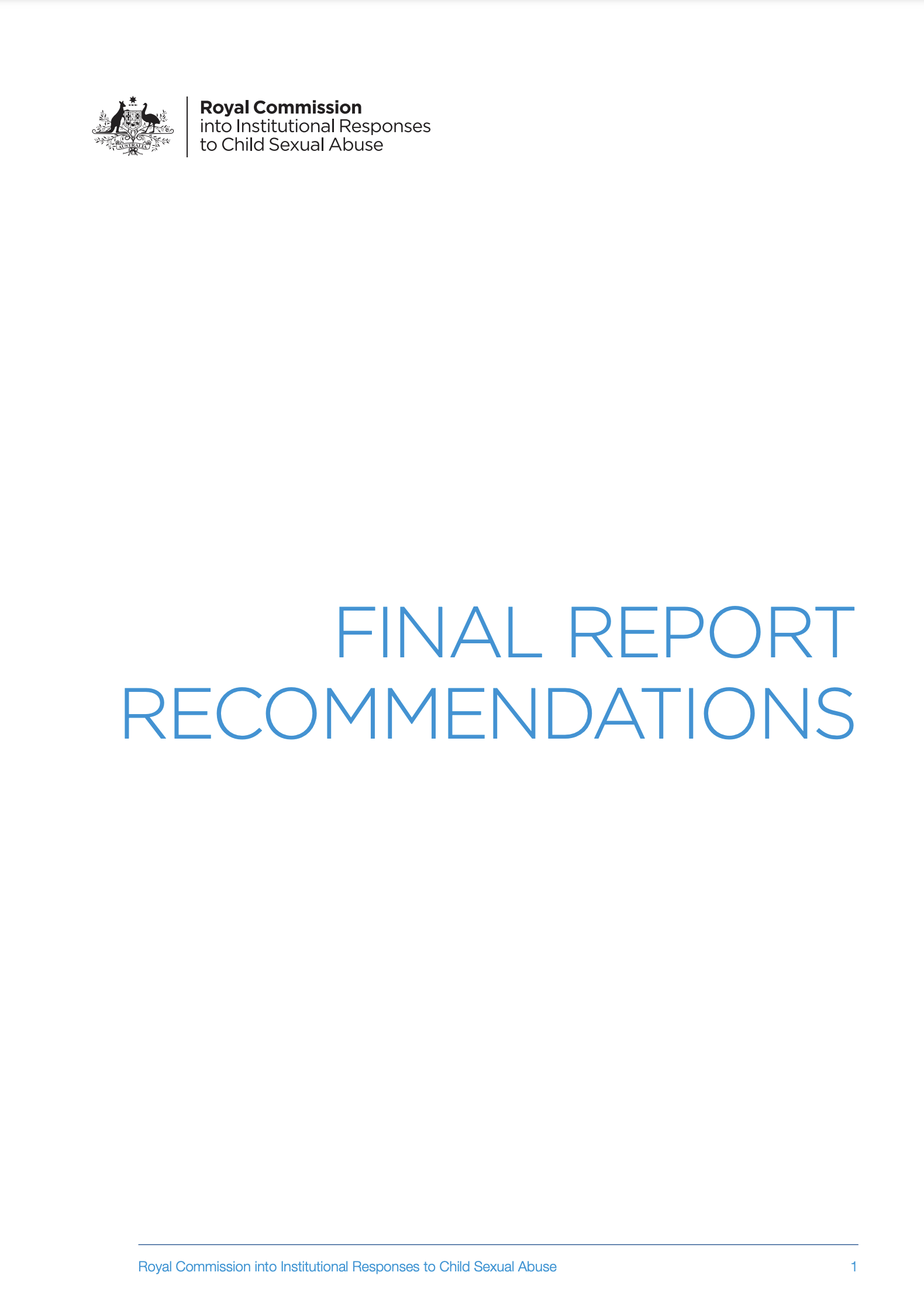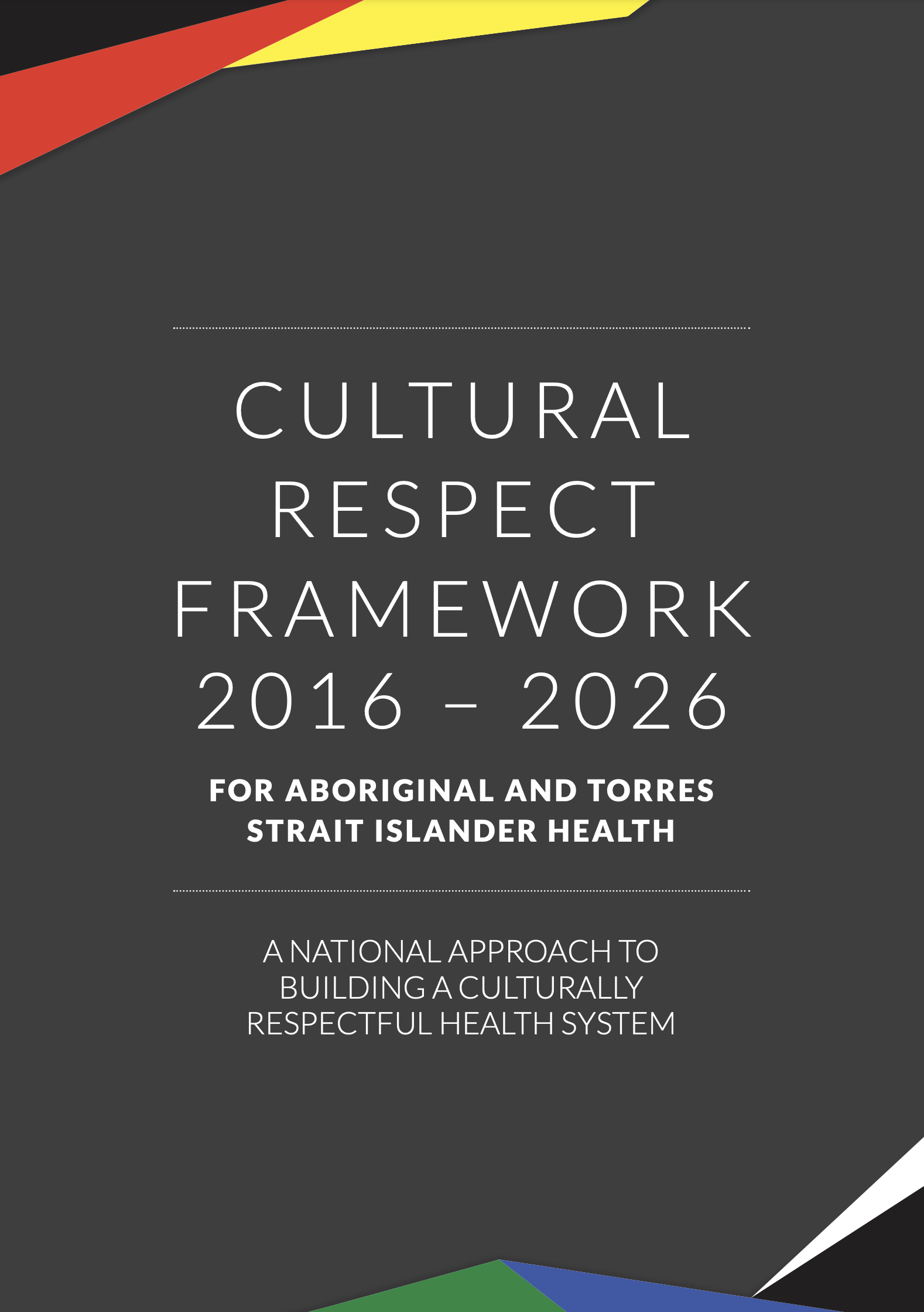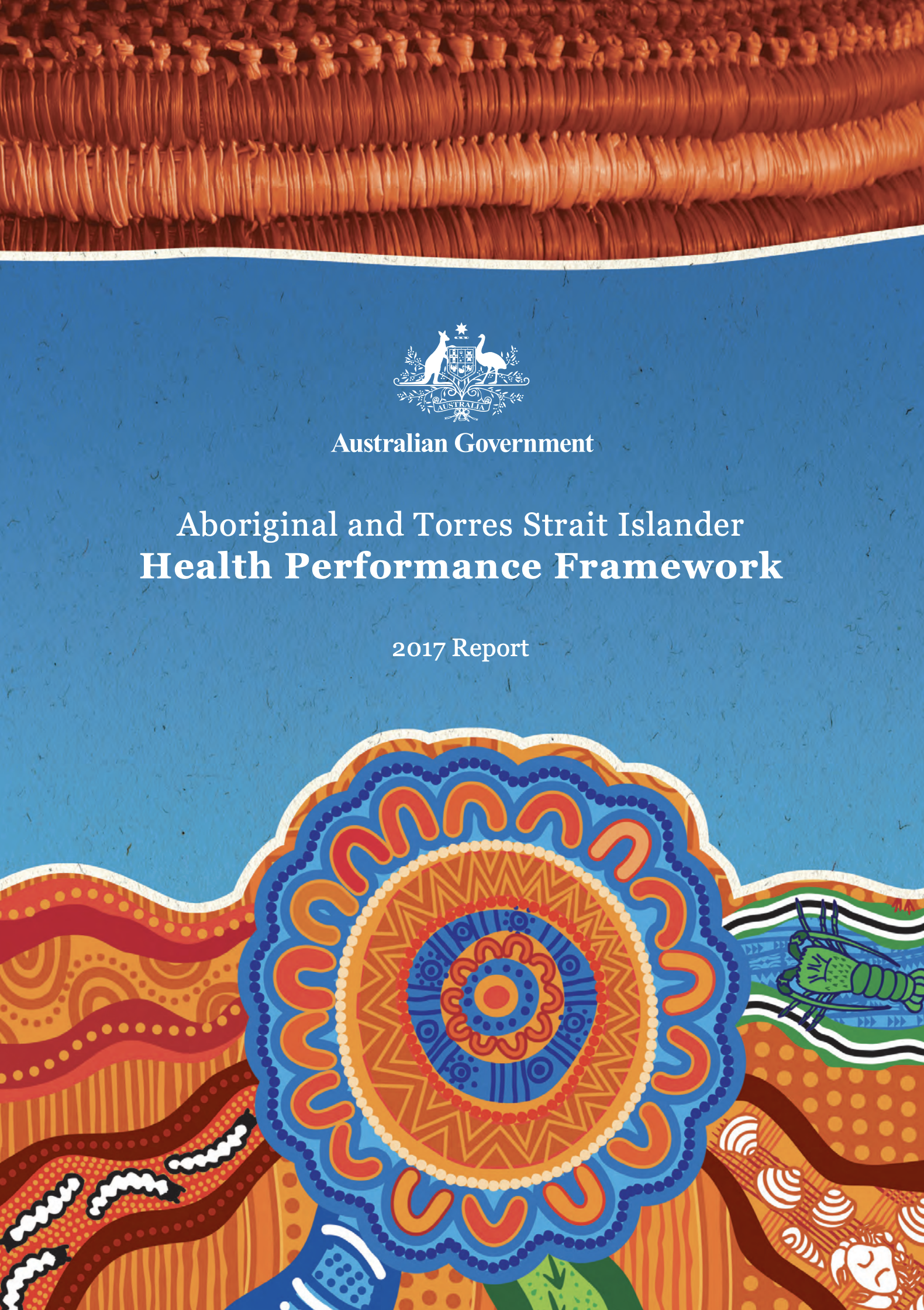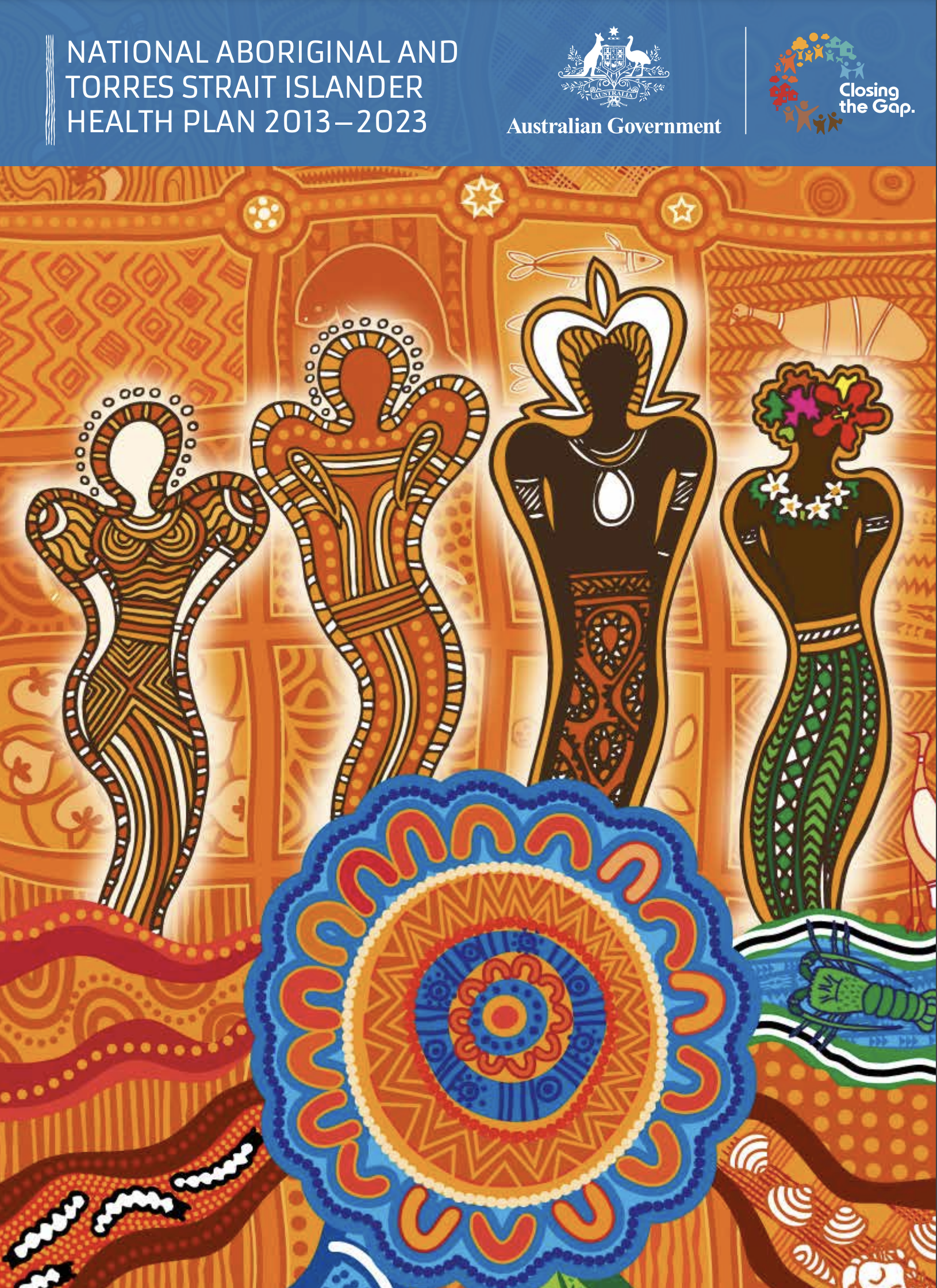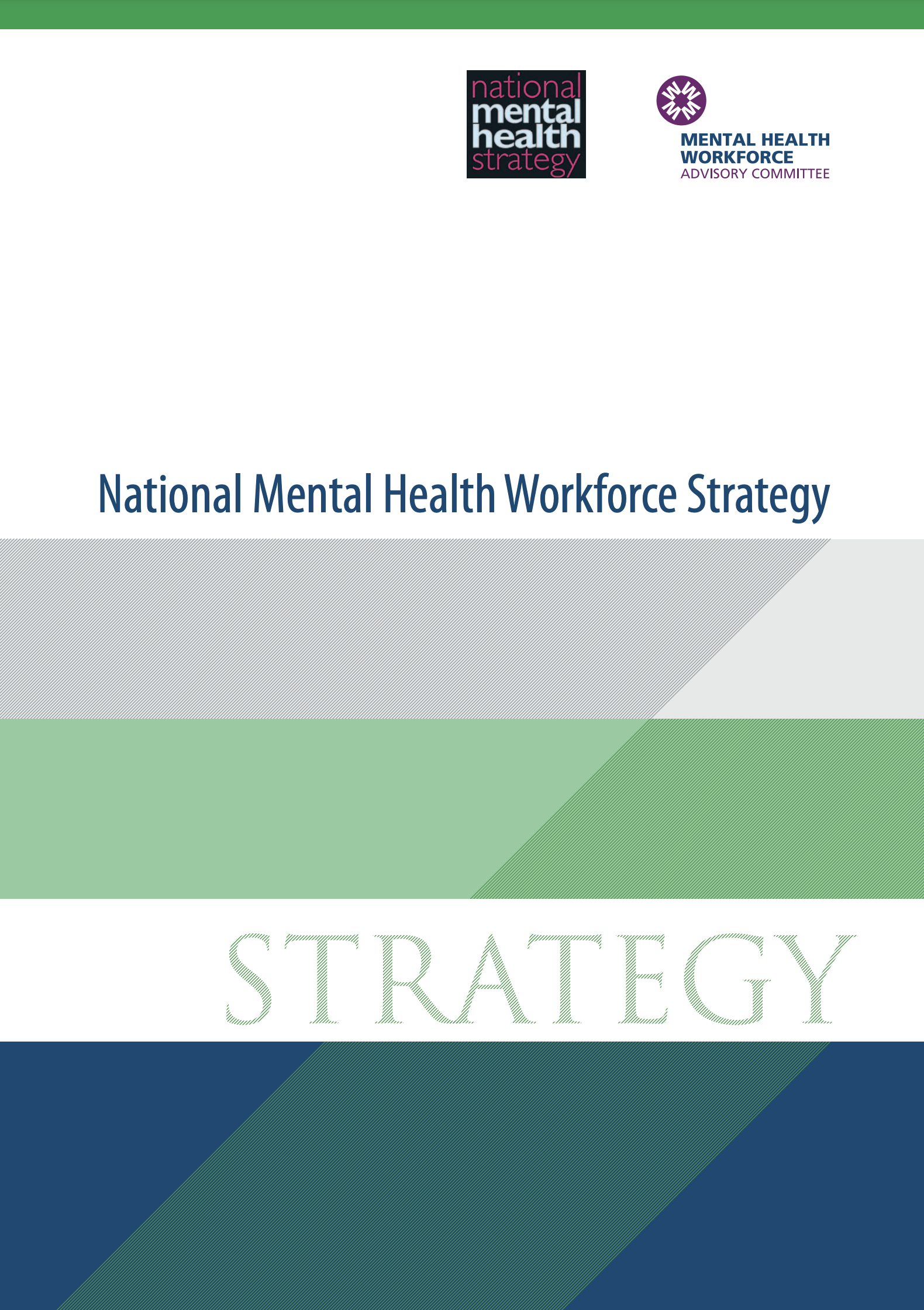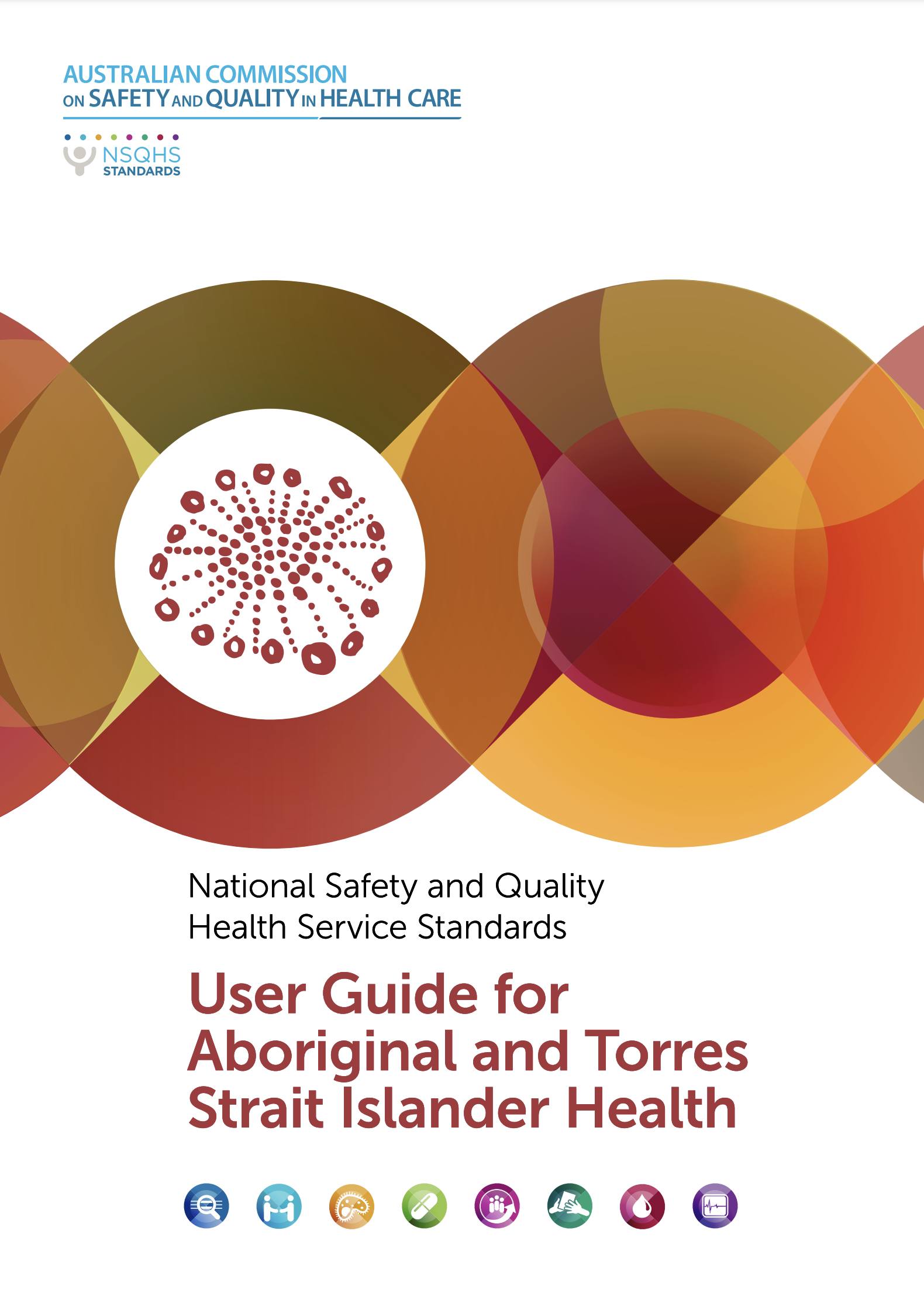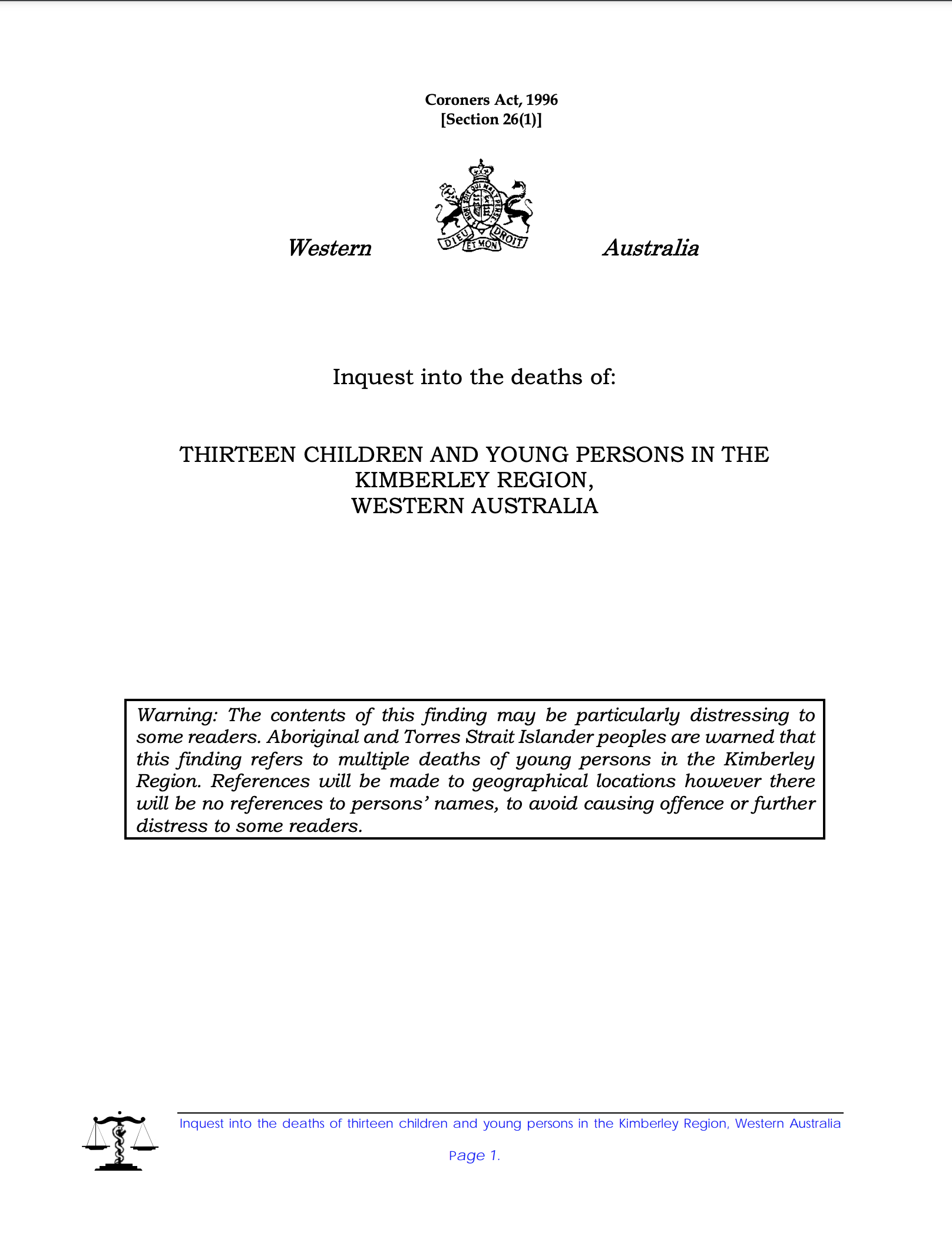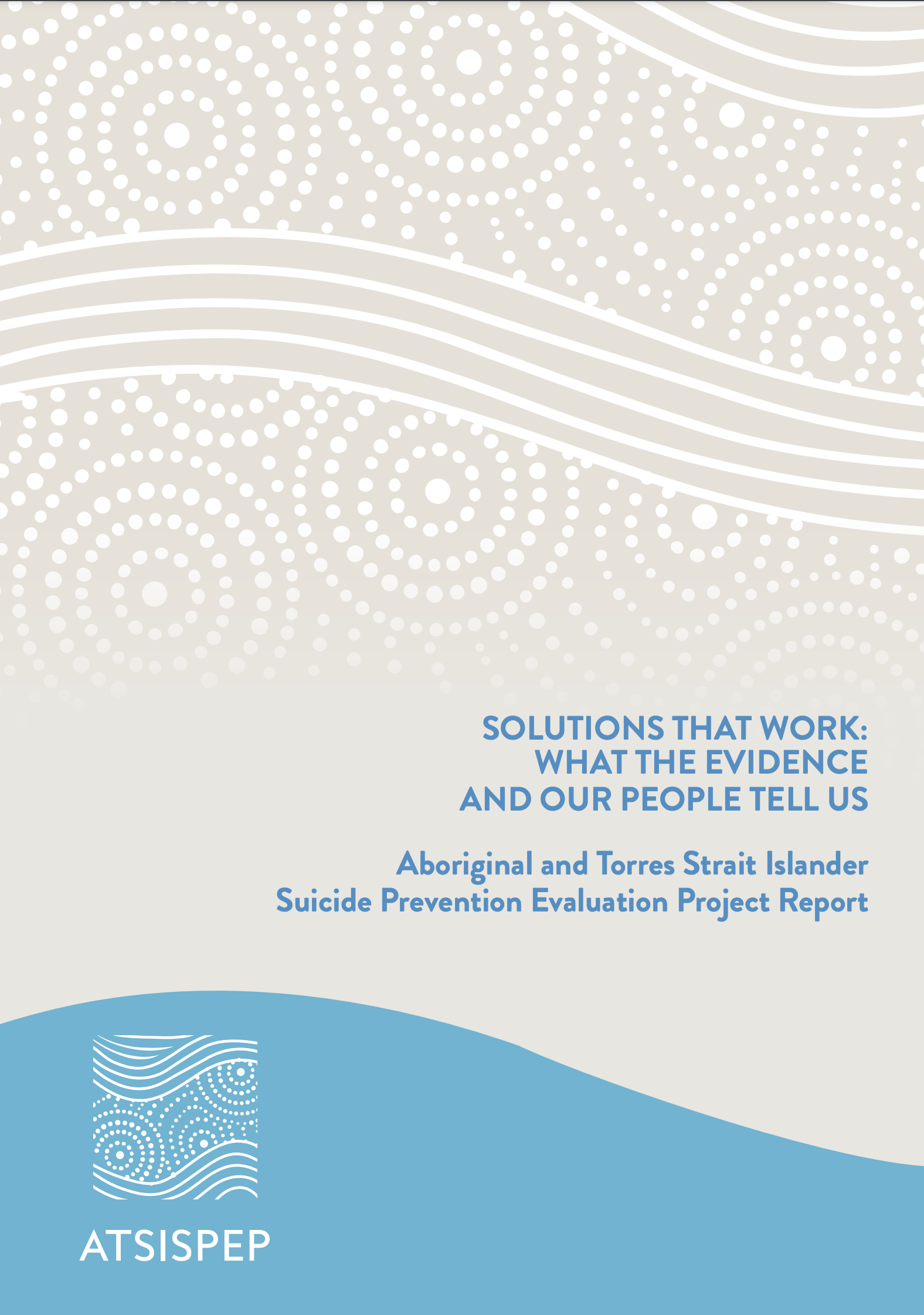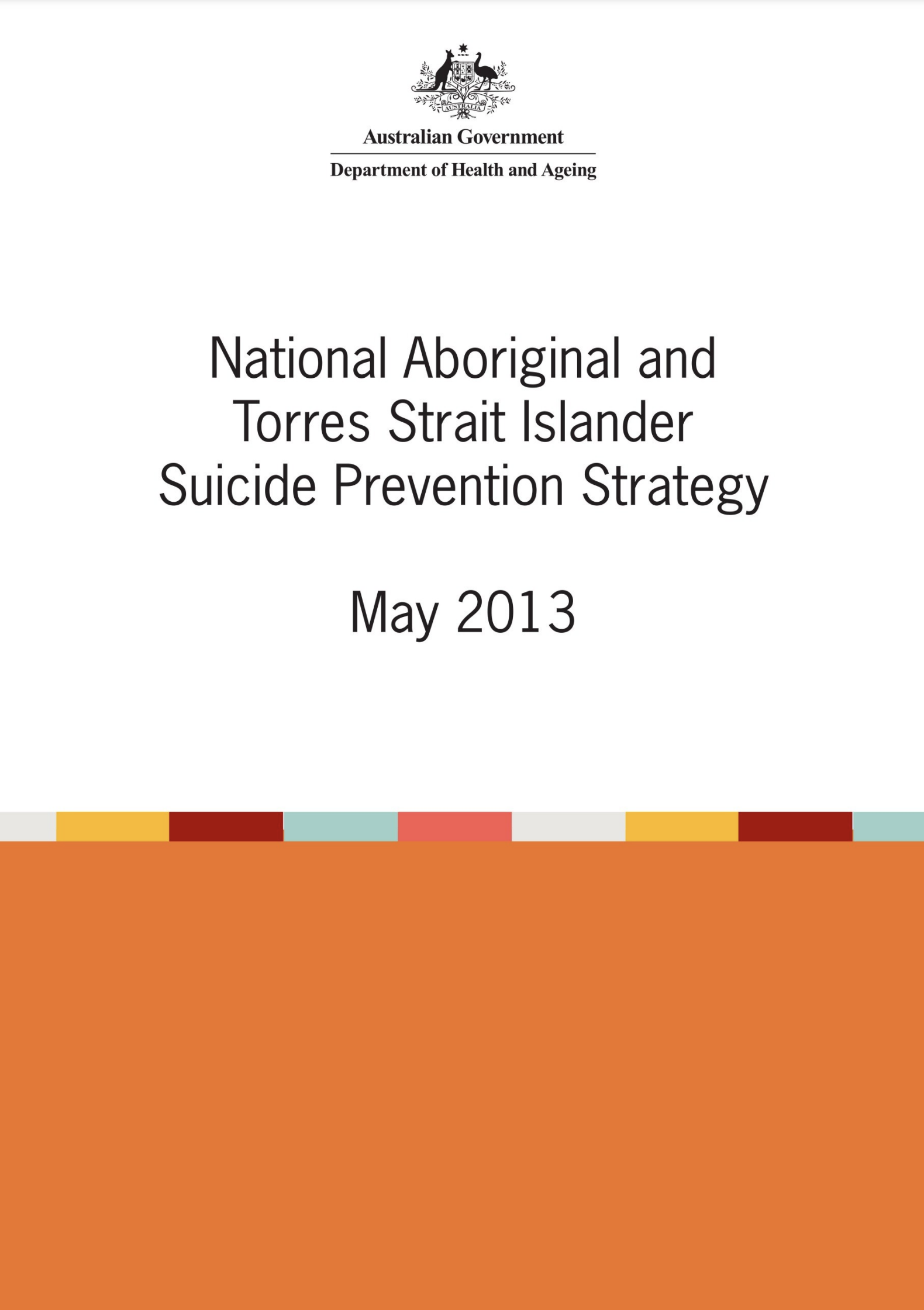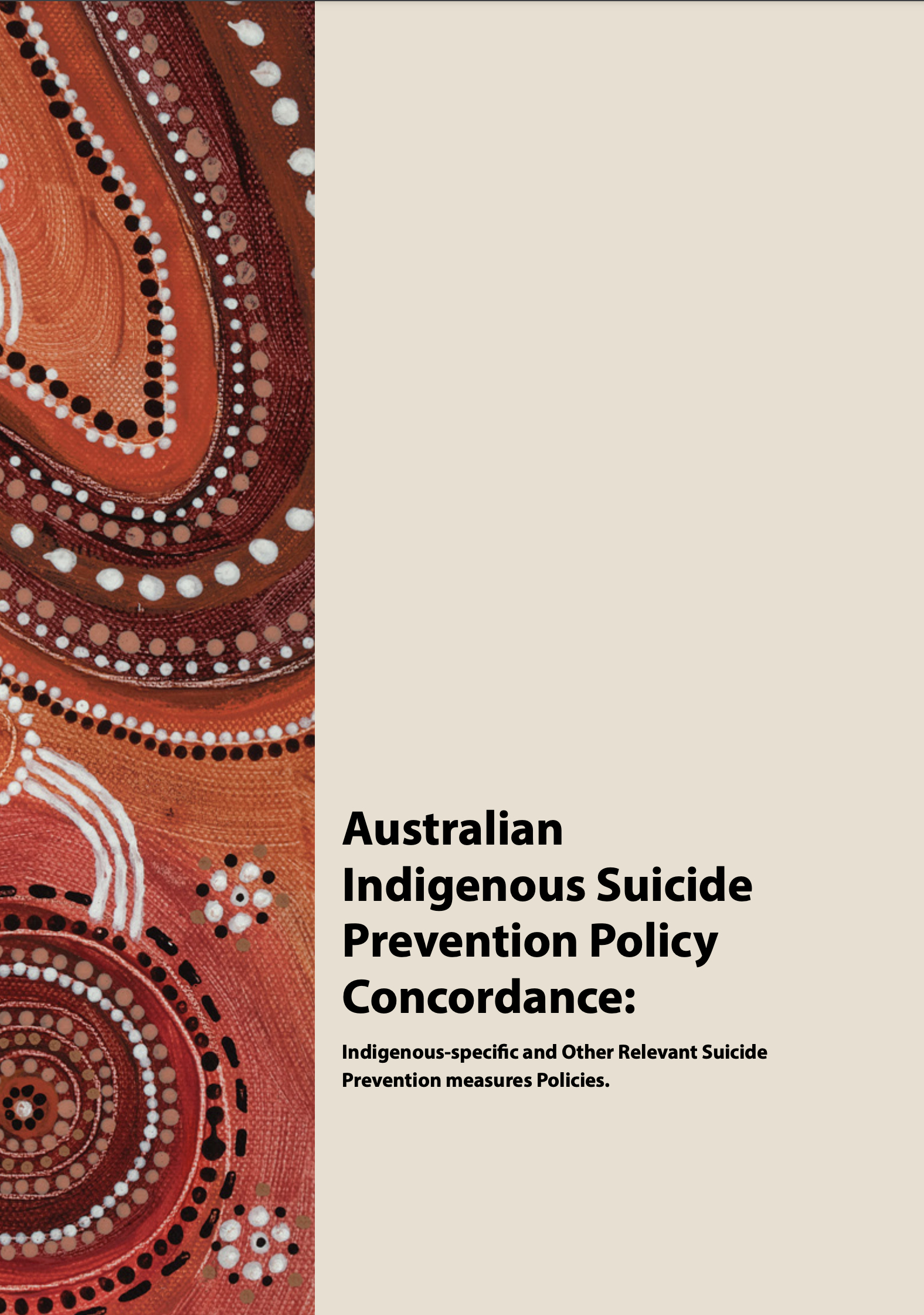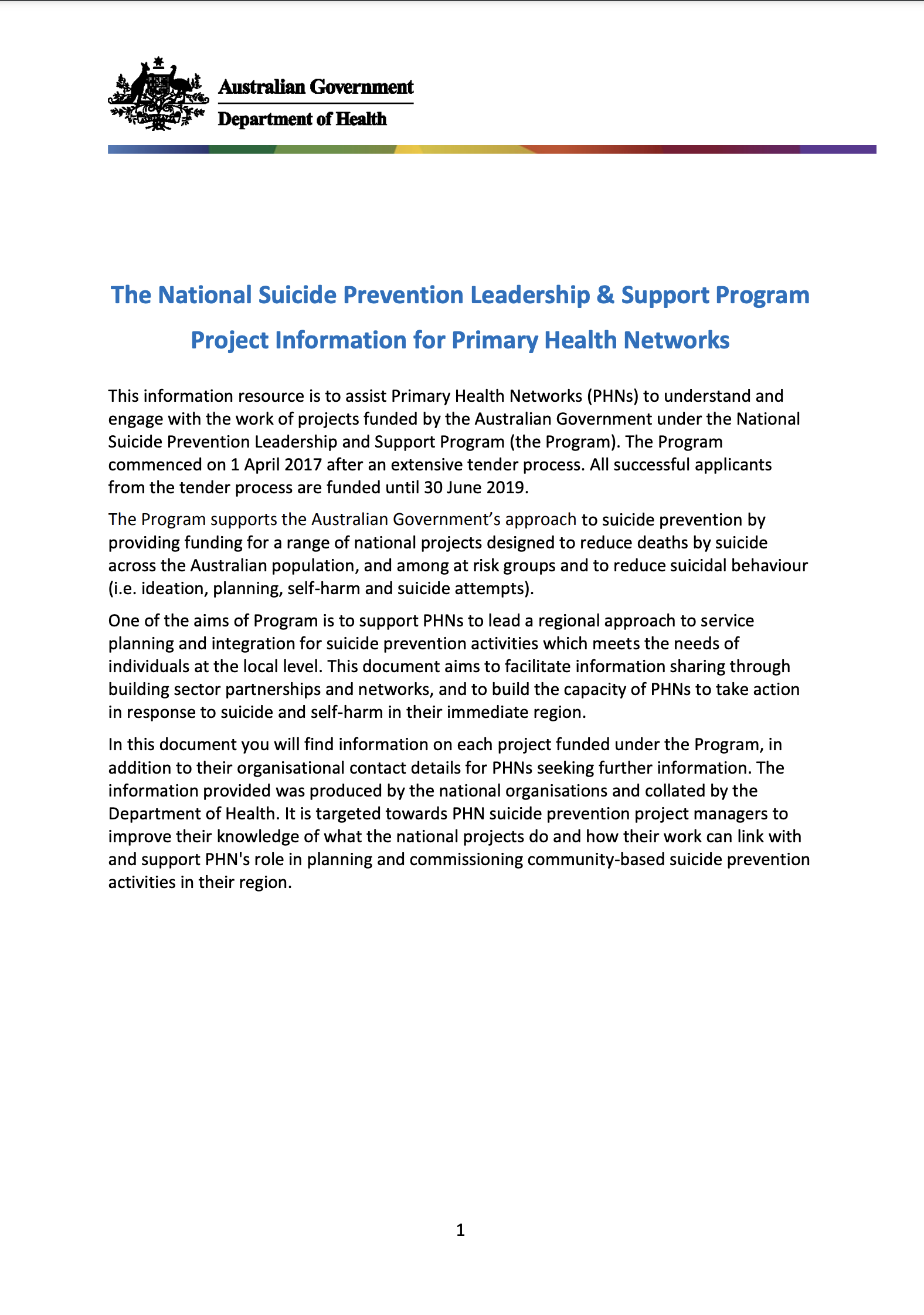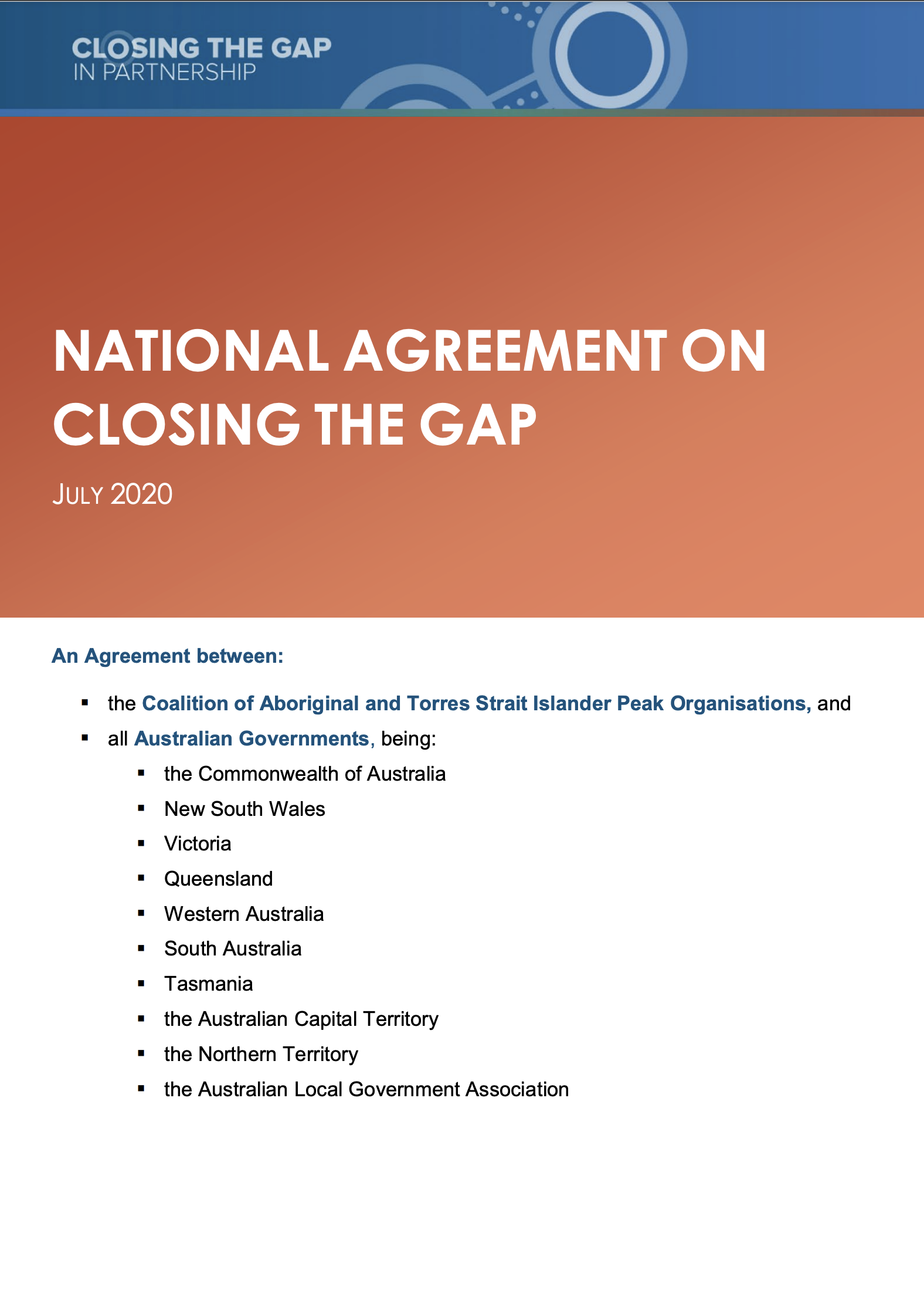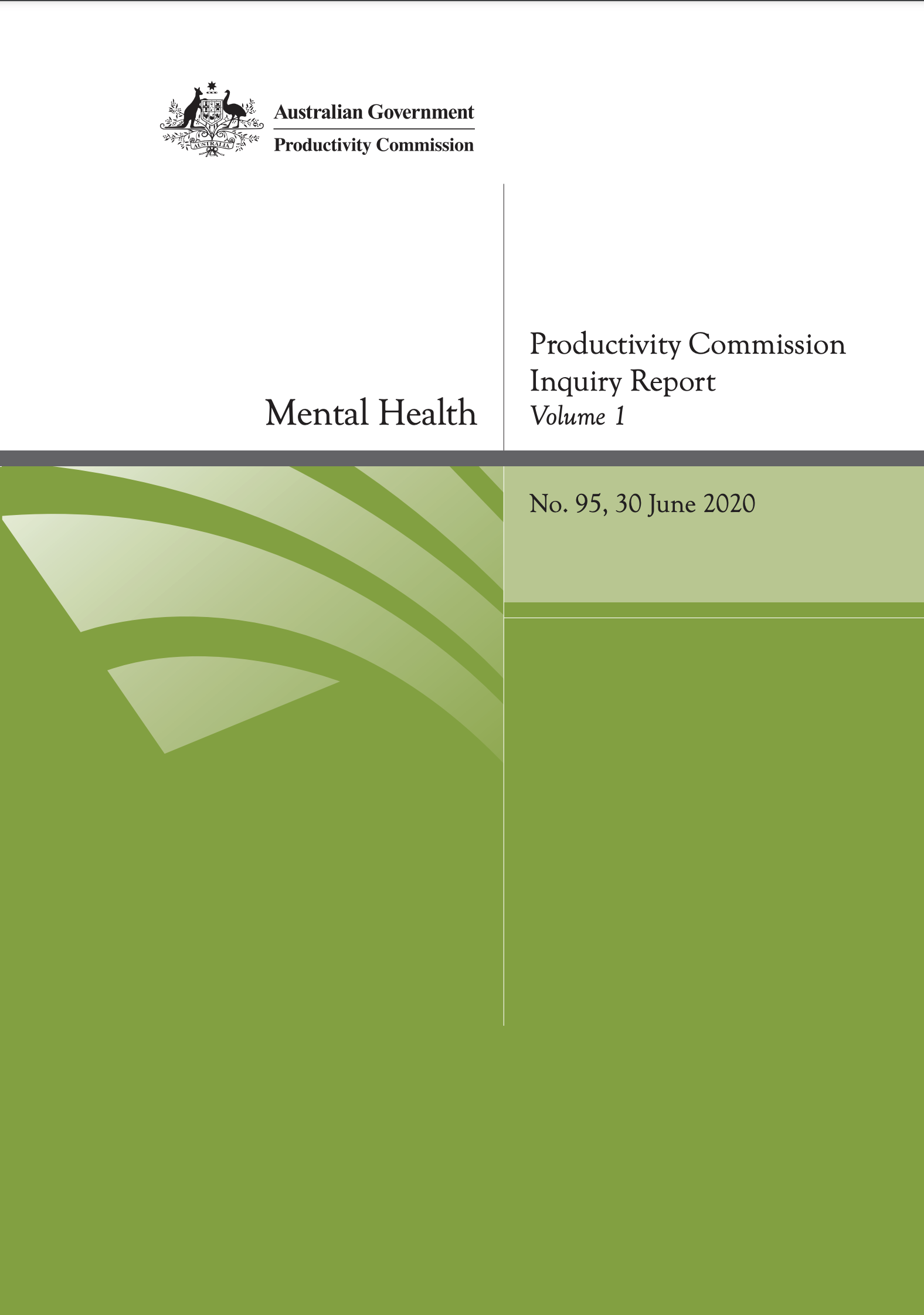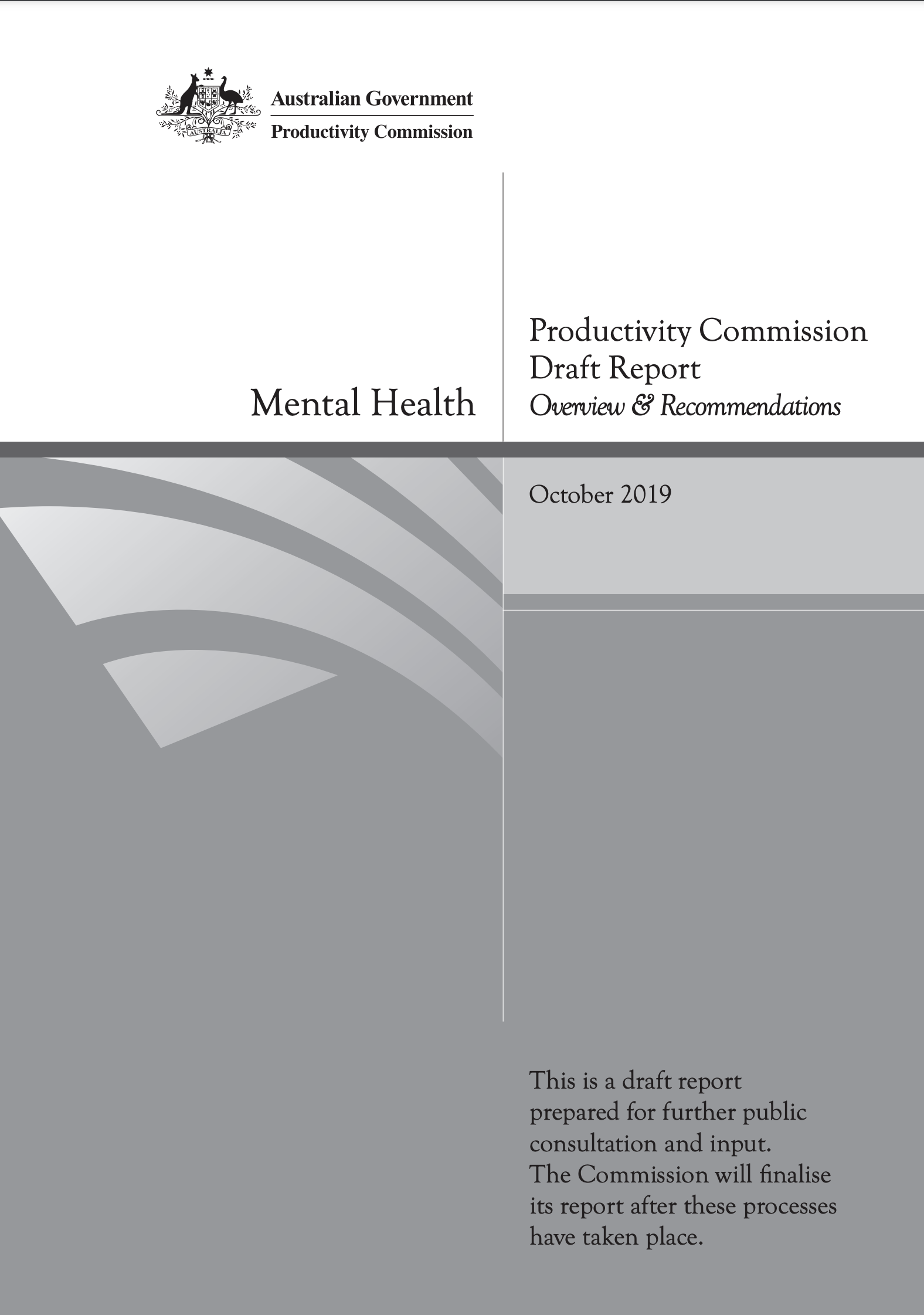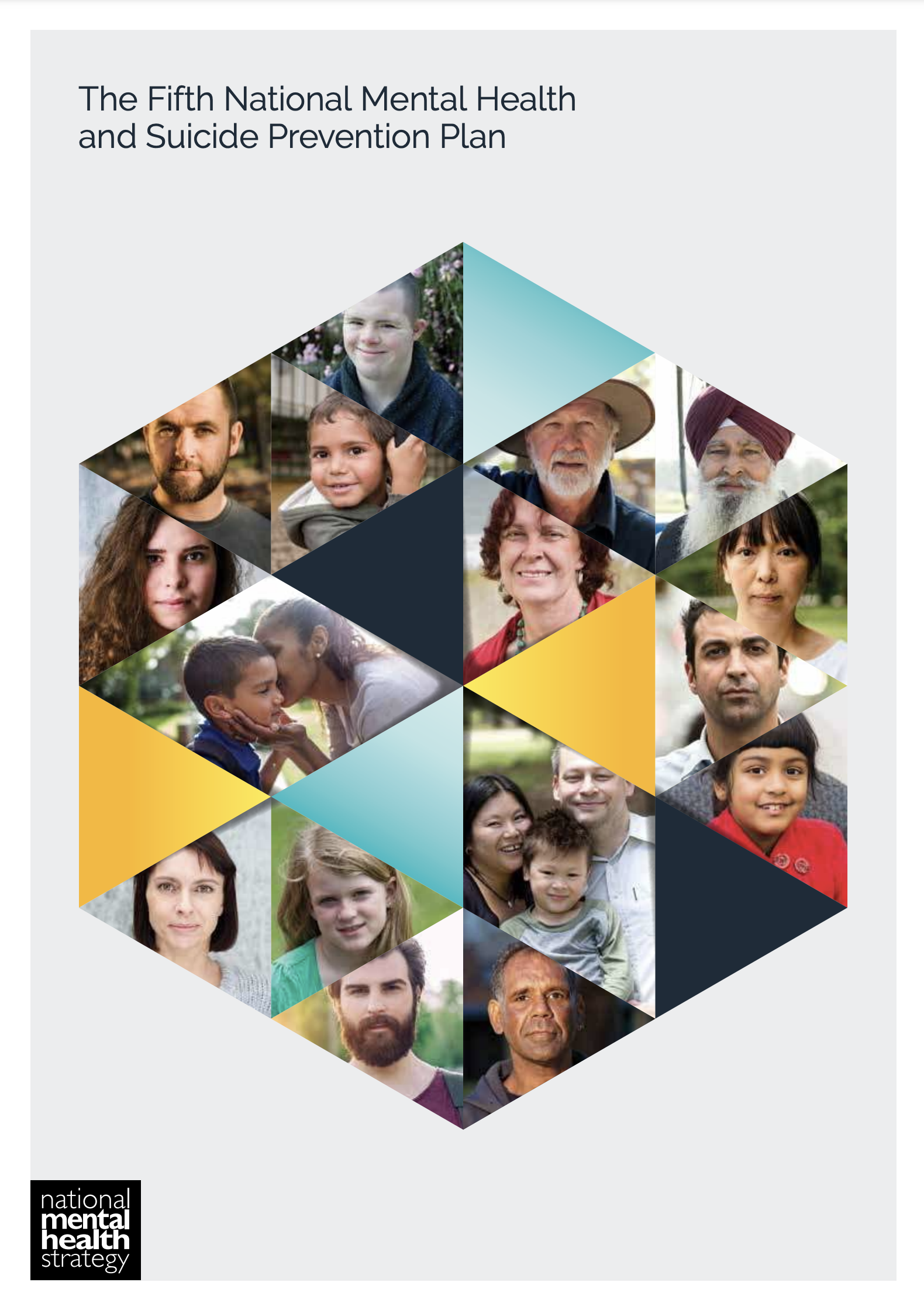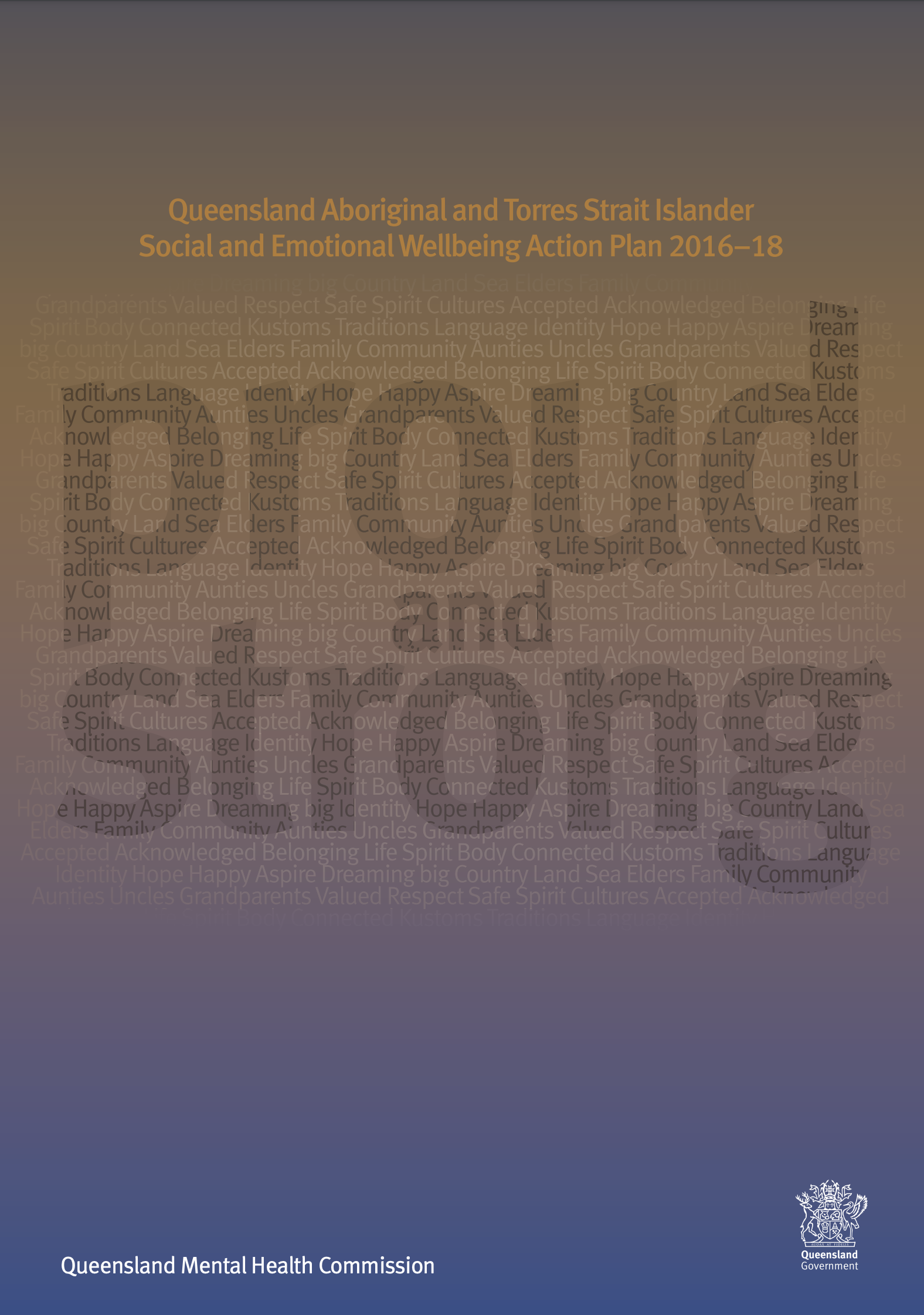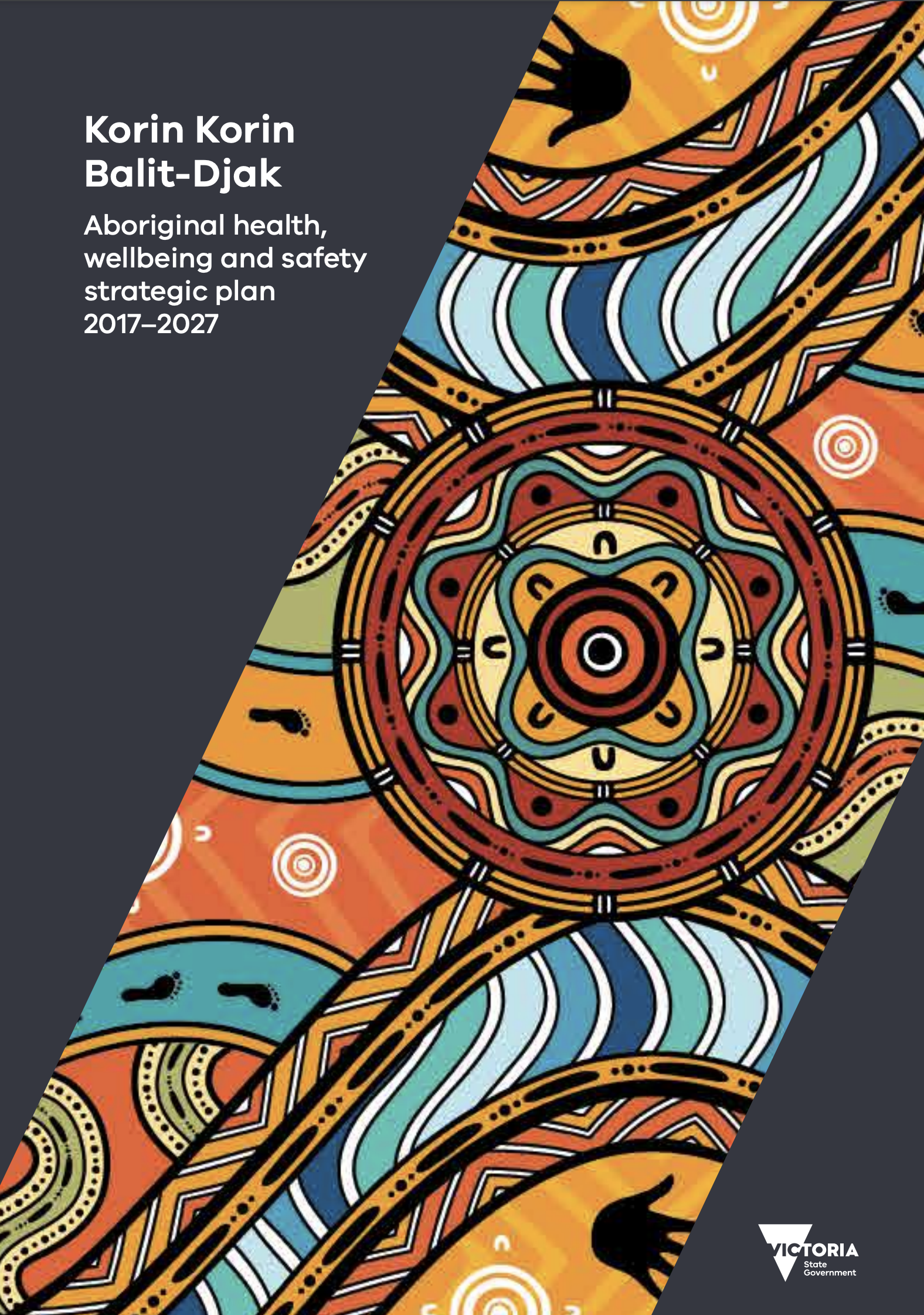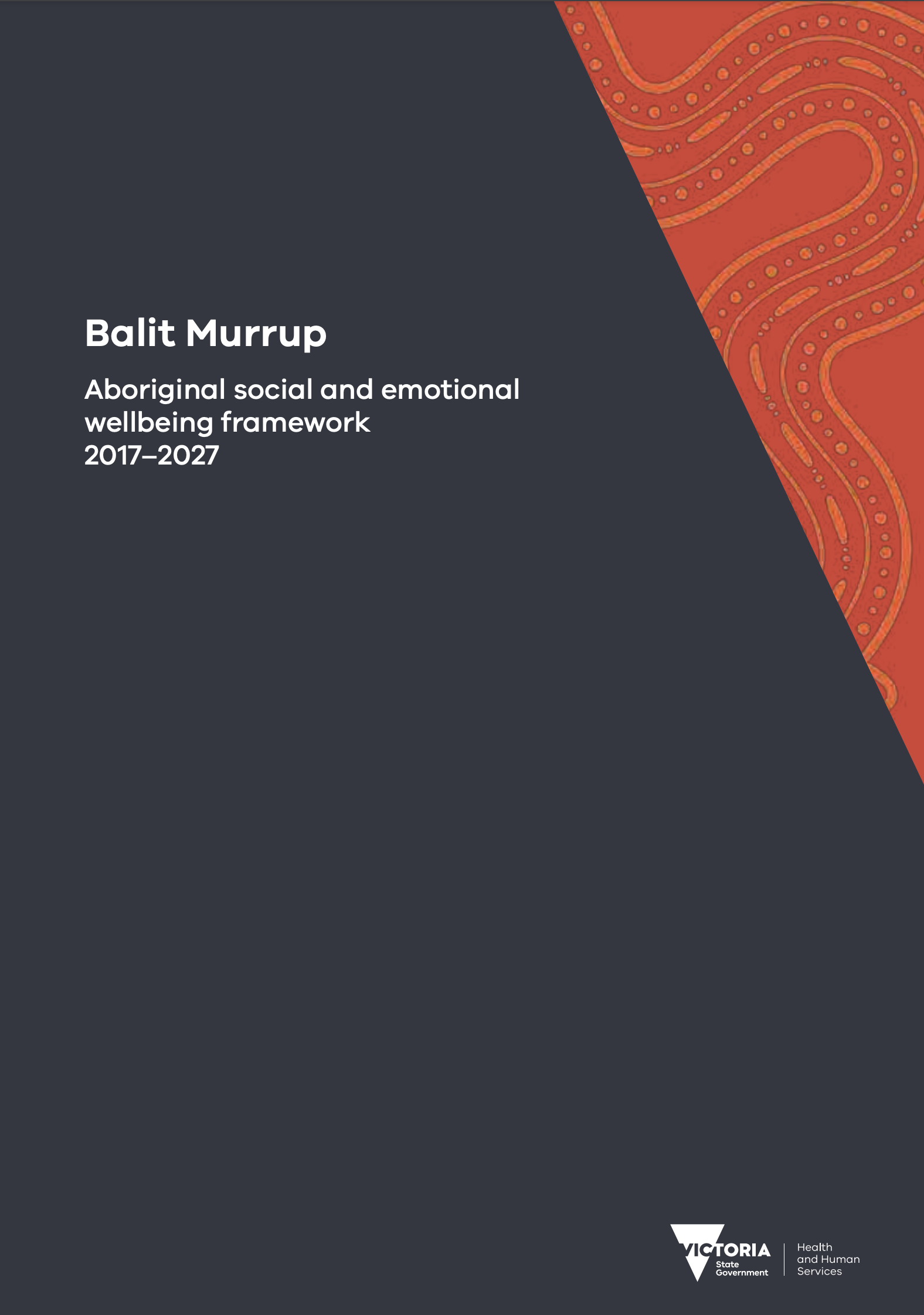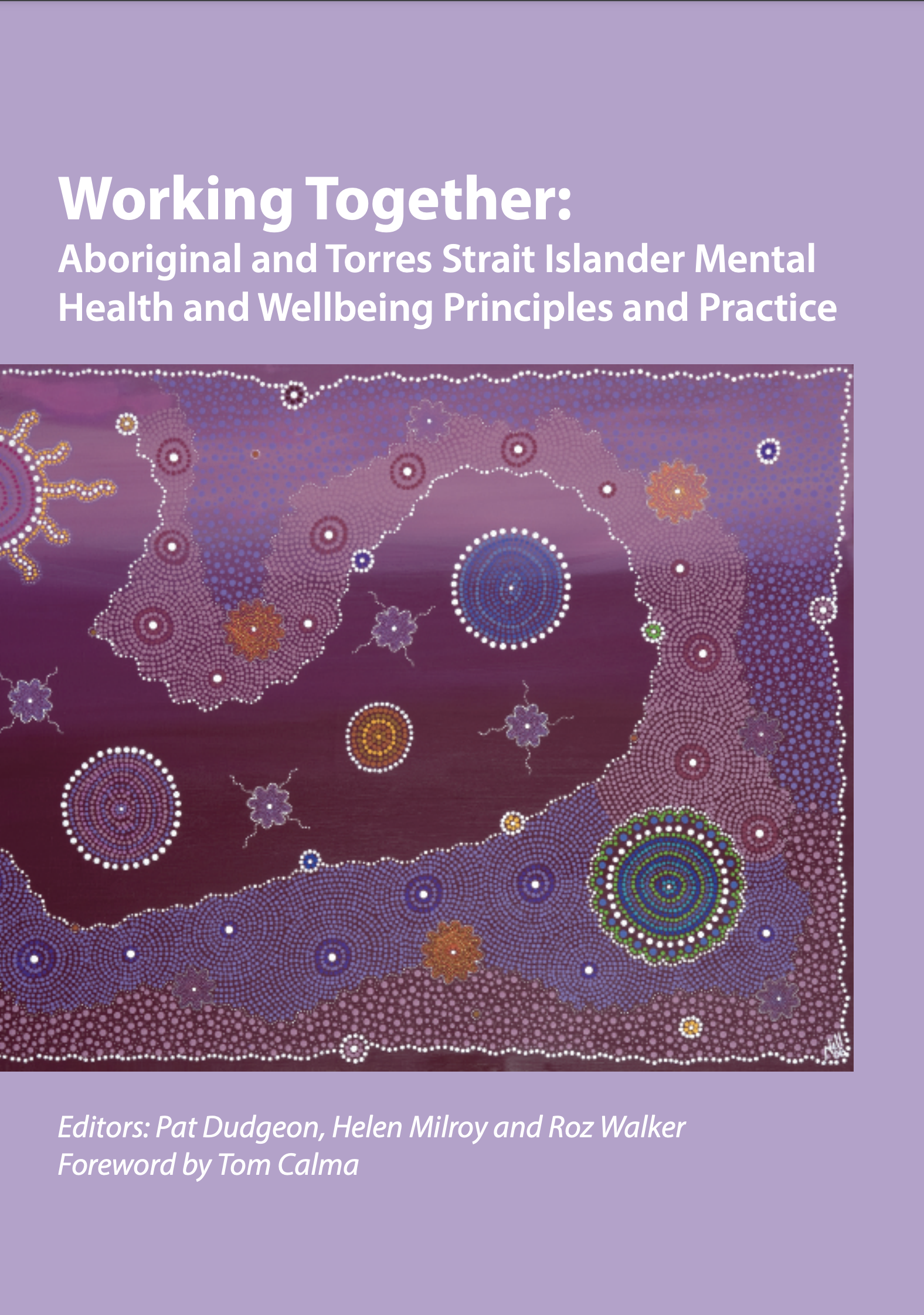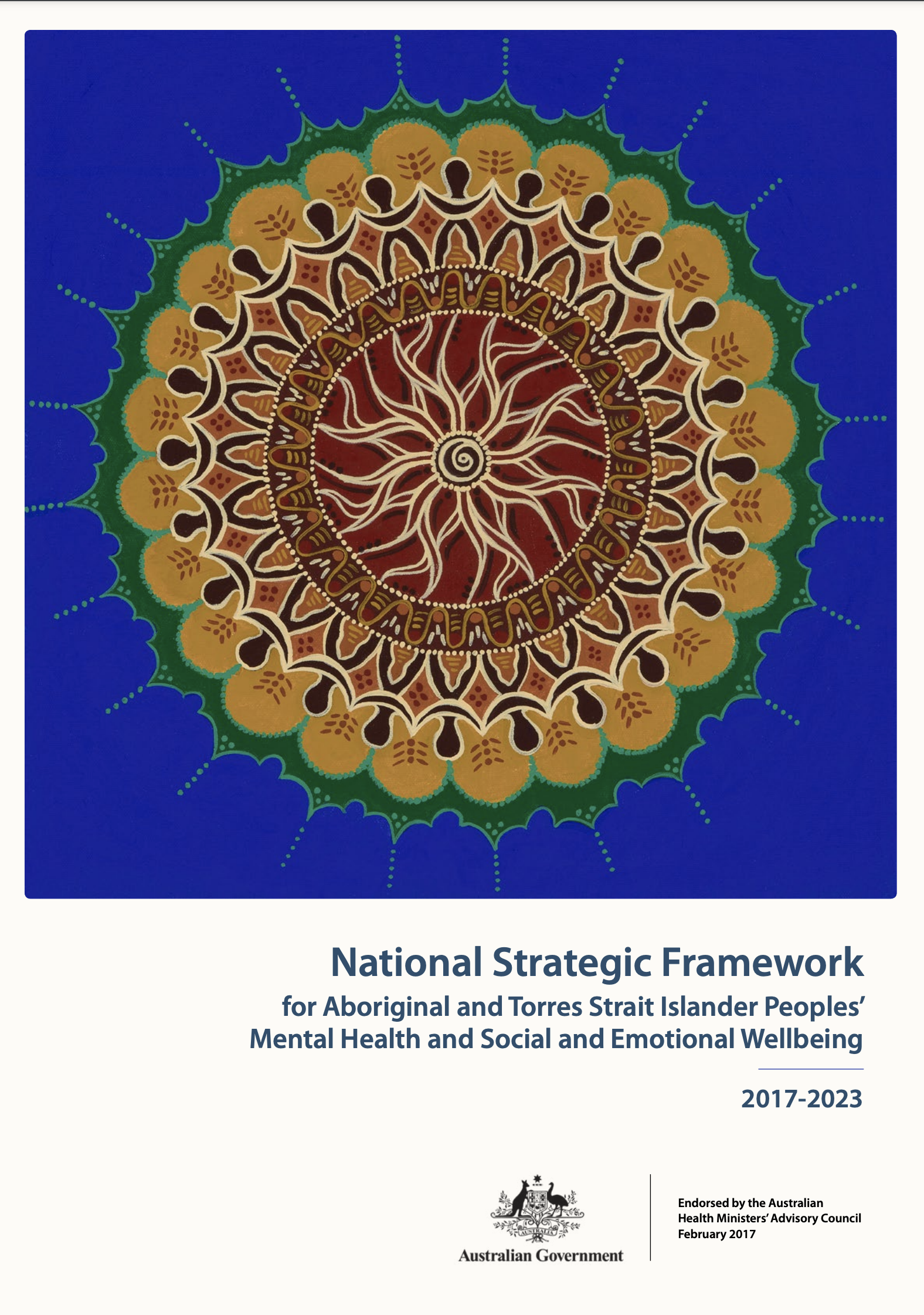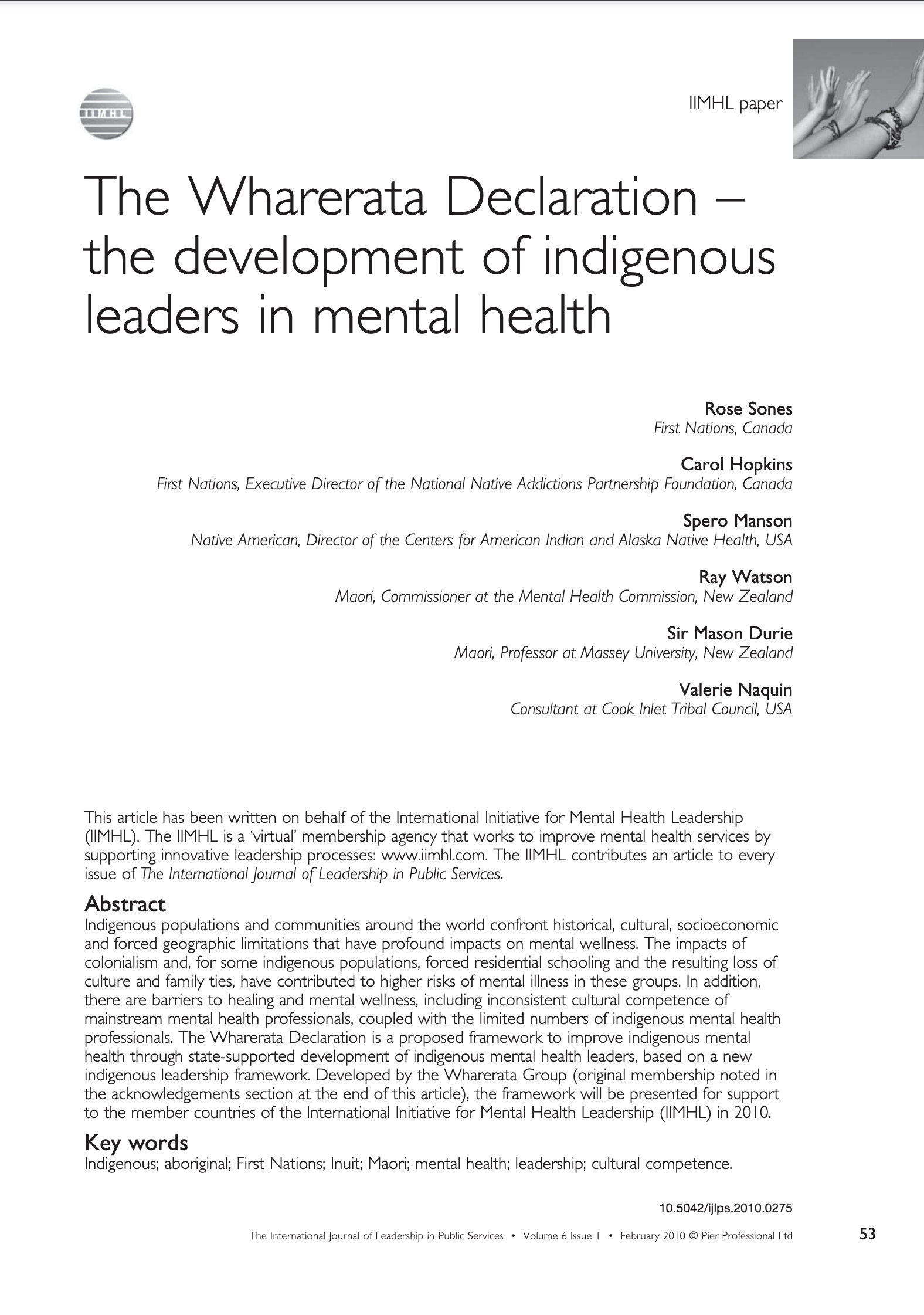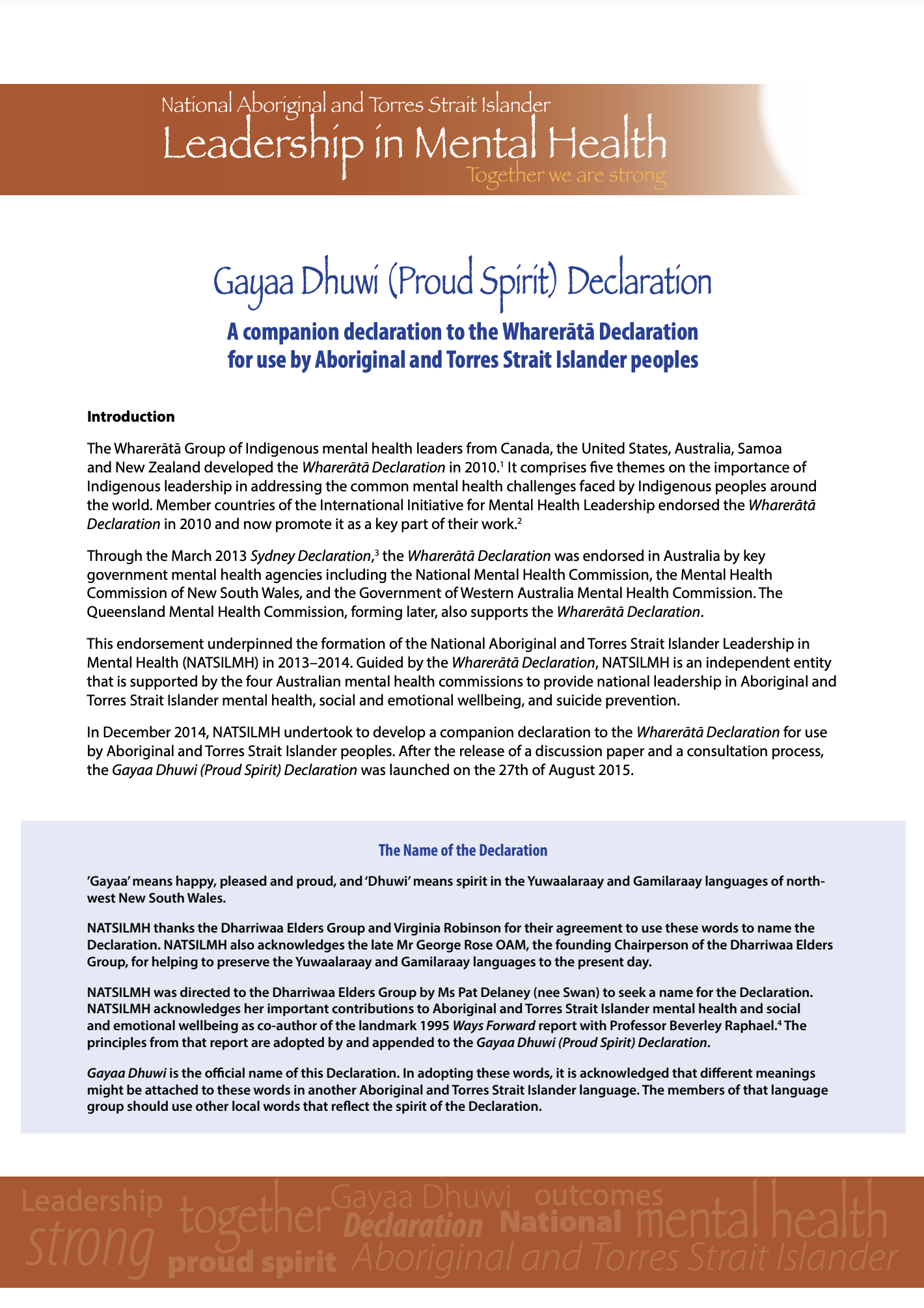Report on the national consultations regarding opportunities for strengthening approaches to the social determinants and cultural determinants of Indigenous health.
Refine your search
The Royal Commission into Institutional Responses to Child Sexual Abuse was established in response to allegations of sexual abuse of children in institutional contexts that had been emerging in Australia for many years. The Commission made a number of recommendations specific to Aboriginal and Torres Strait Islander peoples.
The Framework commits the Commonwealth Government and all states and territories to embedding cultural respect principles into their health systems; from developing policy and legislation, to how organisations are run, through to the planning and delivery of services. It will guide and underpin the delivery of quality, culturally safe, responsive health care to Aboriginal and Torres Strait Islander people, and contribute to progress made towards achieving the Closing the Gap targets agreed by the Council of Australian Governments.
The authoritative Framework monitors progress in Aboriginal and Torres Strait Islander health outcomes, health system performance and the broader determinants of health.
The Plan is an evidence-based policy framework designed to guide policies and programmes to improve Aboriginal and Torres Strait Islander health until 2023.
The aim of the strategy is to develop and support a well-led, high performing and sustainable mental health workforce delivering quality, recovery-focused mental health services. The focus of this strategy and plan is the workforce, whose primary role involves early intervention, referral, treatment, care or support to people with a mental illness, in a mental health service or other health service environment, including non-government community mental health services. The workforce includes mental health nurses, psychiatrists, general registered nurses, enrolled nurses, general and other medical practitioners, occupational therapists, social workers, psychologists, Aboriginal mental health workers, Aboriginal health workers, mental health workers, consumer workers and carer workers. Currently being revised.
The Commission has defined six actions that specifically meet the needs of Aboriginal and Torres Strait Islander people within the National Safety and Quality Health Service Standards. The guide provides practical strategies for what to consider and how to bring the six actions to life in any health service organisation. It also provides practical examples from across Australia that demonstrate that these actions can be, and are being, implemented in health service organisations.
The deaths of thirteen children and young persons in the Kimberley Region were investigated at the one Inquest because there were similar circumstances, life events, developmental experiences and behaviours that appear to have contributed to making them vulnerable to suicide.
This report summarises the work of ATSISPEP in expanding the evidence-base for what works in Indigenous community-led suicide prevention. It identifies a potential set of success factors based on a meta-evaluation of evaluated, community-led, Indigenous suicide prevention programs.
By action (ii) of the Fifth National Mental Health and Suicide Prevention Plan, a Suicide Prevention Subcommittee will develop a new National Suicide Prevention Implementation Strategy for COAG Health Council endorsement. The development of an Indigenous specific plan within this context has been tasked to Gayaa Dhuwi (Proud Spirit) Australia over 2020. This will be developed upon the foundation provided by the National Aboriginal and Torres Strait Islander Suicide Prevention Strategy.
Developed by the Centre of Best Practice in Aboriginal and Torres Strait Islander Suicide Prevention, this Concordance is aimed at Indigenous communities, mental health and health services, Primary Health Networks, policymakers, researchers and advocates interested in Indigenous suicide prevention. It aims to assist readers navigate the many policy documents that encompass Indigenous and mainstream suicide prevention and related areas at the Commonwealth, States and Territory and community levels. This includes Indigenous social and emotional wellbeing and relevant mental health-related policy documents.
A number of projects and leadership bodies have been funded by the Australian Government under the National Suicide Prevention Leadership and Support Program that commenced in 2017. This includes the Centre of Best Practice in Aboriginal and Torres Strait Islander Suicide Prevention. The document here was developed to help Primary Health Networks work with the program.
The National Agreement on Closing the Gap (the National Agreement) is to enable Aboriginal and Torres Strait Islander people and governments to work together to overcome the inequality experienced by Aboriginal and Torres Strait Islander people and achieve life outcomes equal to all Australians. Outcome 14 is that ‘Aboriginal and Torres Strait Islander people enjoy high levels of social and emotional wellbeing’ and Target 14 is for ‘Significant and sustained reduction in suicide of Aboriginal and Torres Strait Islander people towards zero.
The Commission’s report is in three volumes. This volume 1 contains the overview and recommendations. Volume 2 contains chapters 1 to 16 and references. Volume 3 contains chapters 17 to 25 and appendix A and references. Below is the table of contents for all volumes.
The Inquiry examined the effect of mental health on people’s ability to participate in and prosper in the community and workplace, and the effects of mental health challenges on the economy. It will look at how governments across Australia, employers, professional and community groups in healthcare, education, employment, social services, housing and justice can contribute to improving mental health for people of all ages and cultural backgrounds. The final report will be released in 2020.
The overarching national mental health and suicide prevention blueprint for reform over 2017-2022.
The Queensland Aboriginal and Torres Strait Islander Social and Emotional Wellbeing Action Plan 2016–18 (this Action Plan) aims to improve social and emotional wellbeing. It defines social and emotional wellbeing, based on consultation with Aboriginal peoples and Torres Strait Islanders, as being resilient, being and feeling culturally safe, having and realising aspirations and being satisfied with life.
The purpose of Korin Korin Balit-Djak is to realise the Victorian Government’s vision for ‘Self-determining, healthy and safe Aboriginal people and communities’ in Victoria.
The vision of Balit Murrup is to support Victorian Aboriginal people, families and communities to achieve and sustain the highest attainable standard of social emotional wellbeing and mental health. Balit Murrup’s objective is to reduce the health gap attributed to suicide, mental illness and psychological distress between Aboriginal Victorians and the general population. The strategy is a companion document to the Korin Korin Balit-Djak: Aboriginal Health, Wellbeing and Safety Strategic Plan 2017–2027
The 2nd edition of this key reference work is intended for staff and students and all health practitioners working in areas that support Indigenous mental health and wellbeing. It examines issues across the life course, with a greater focus on children and young people; the significant impacts of mental health in the justice system; the cultural determinants of social and emotional wellbeing and intellectual and developmental disabilities. It includes holisitic models of care, as well as interdisciplinary and inter-professional approaches and working with carers.
The Framework provides a dedicated focus on Aboriginal and Torres Strait Islander social and emotional wellbeing and mental health. It sets out a comprehensive and culturally appropriate stepped care model that is equally applicable to both Indigenous specific and mainstream health services.
The Framework has been designed to complement the Fifth National Mental Health and Suicide Prevention Plan and provide a social and emotional wellbeing and mental health complement to the National Aboriginal and Torres Strait Islander Health Plan 2012-2023. It therefore forms an essential component of the national response to Aboriginal and Torres Strait Islander health. Gayaa Dhuwi (Proud Spirit) Australia will develop an implementation component for the Framework over 2020 – 2021.
The Wharerātā Group of Indigenous mental health leaders from Canada, the United States, Australia, Samoa and New Zealand developed the Wharerātā Declaration in 2010. It comprises five themes on the importance of Indigenous leadership in addressing the common mental health challenges faced by Indigenous peoples around the world. The Gayaa Dhuwi (Proud Spirit) Declaration is a companion declaration to the Wharerātā Declaration developed for use by Aboriginal and Torres Strait Islander peoples.
On 27th August 2015, the National Aboriginal and Torres Strait Islander Leadership in Mental Health (NATSILMH), a precursor body to Gayaa Dhuwi (Proud Spirit) Australia, launched the Gayaa Dhuwi (Proud Spirit) Declaration as an Aboriginal and Torres Strait Islander-specific companion to the Wharerātā Declaration (see below) and as the touchstone of its work to promote Indigenous social and emotional wellbeing, mental health and suicide prevention.


